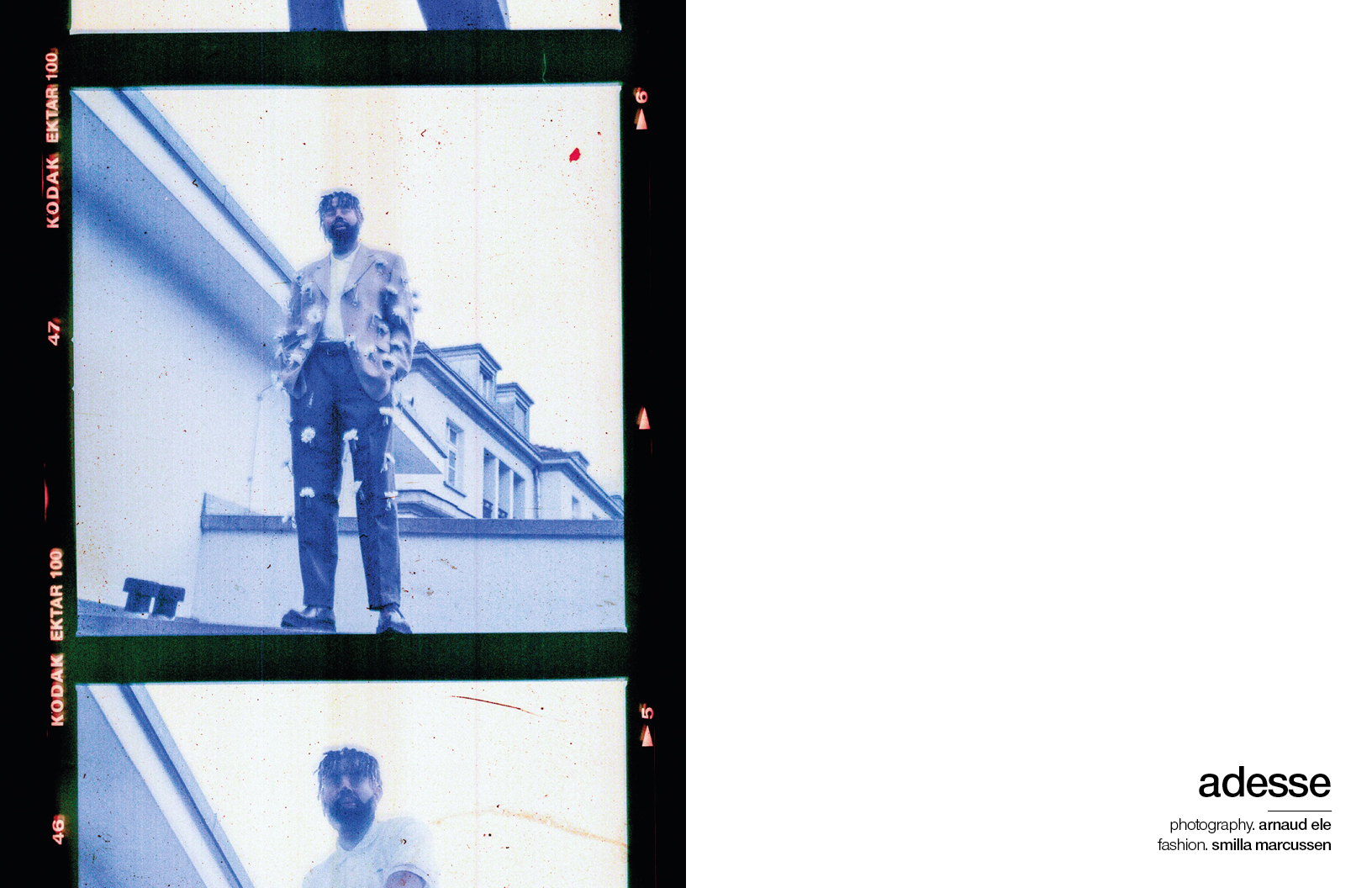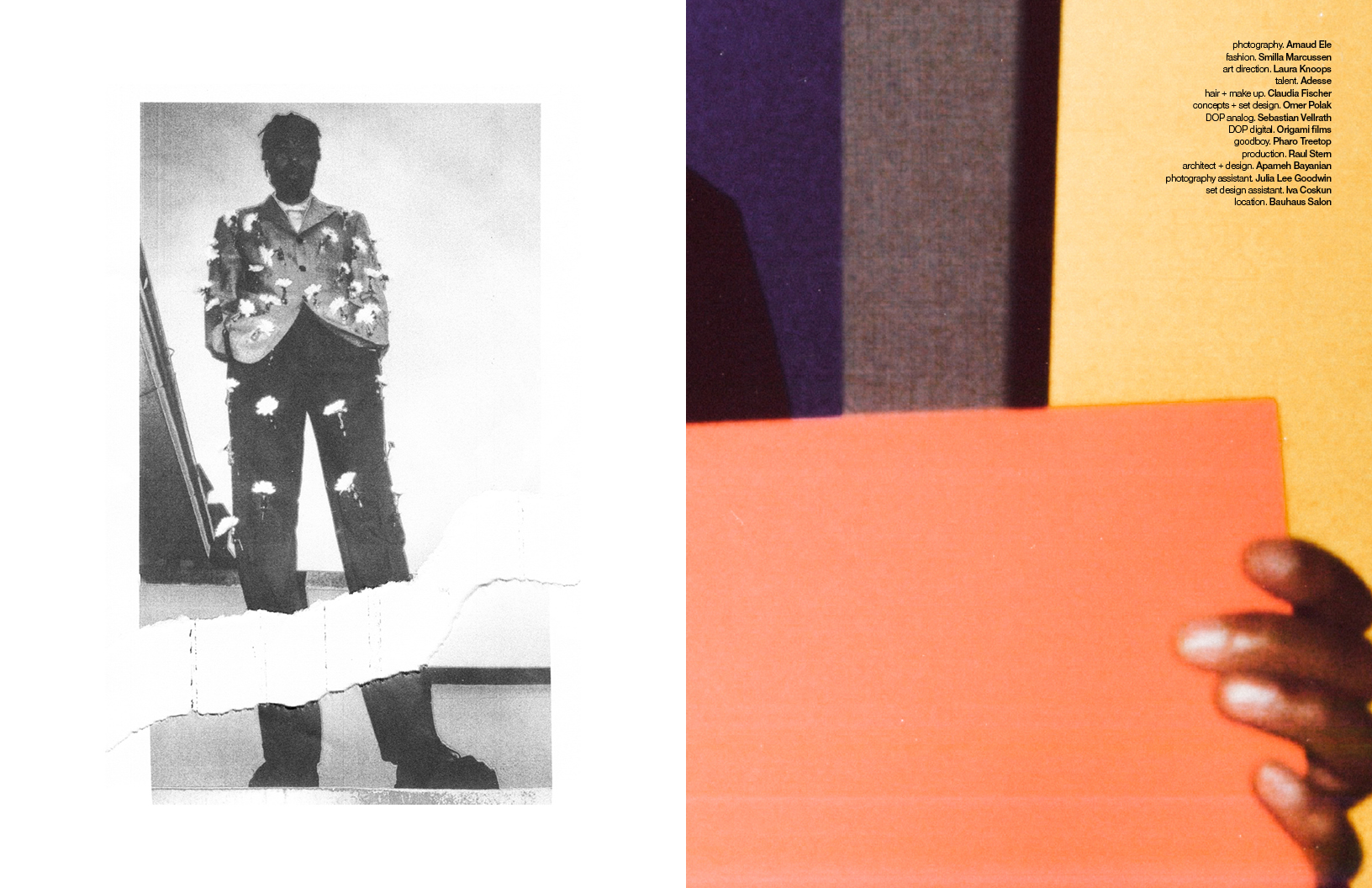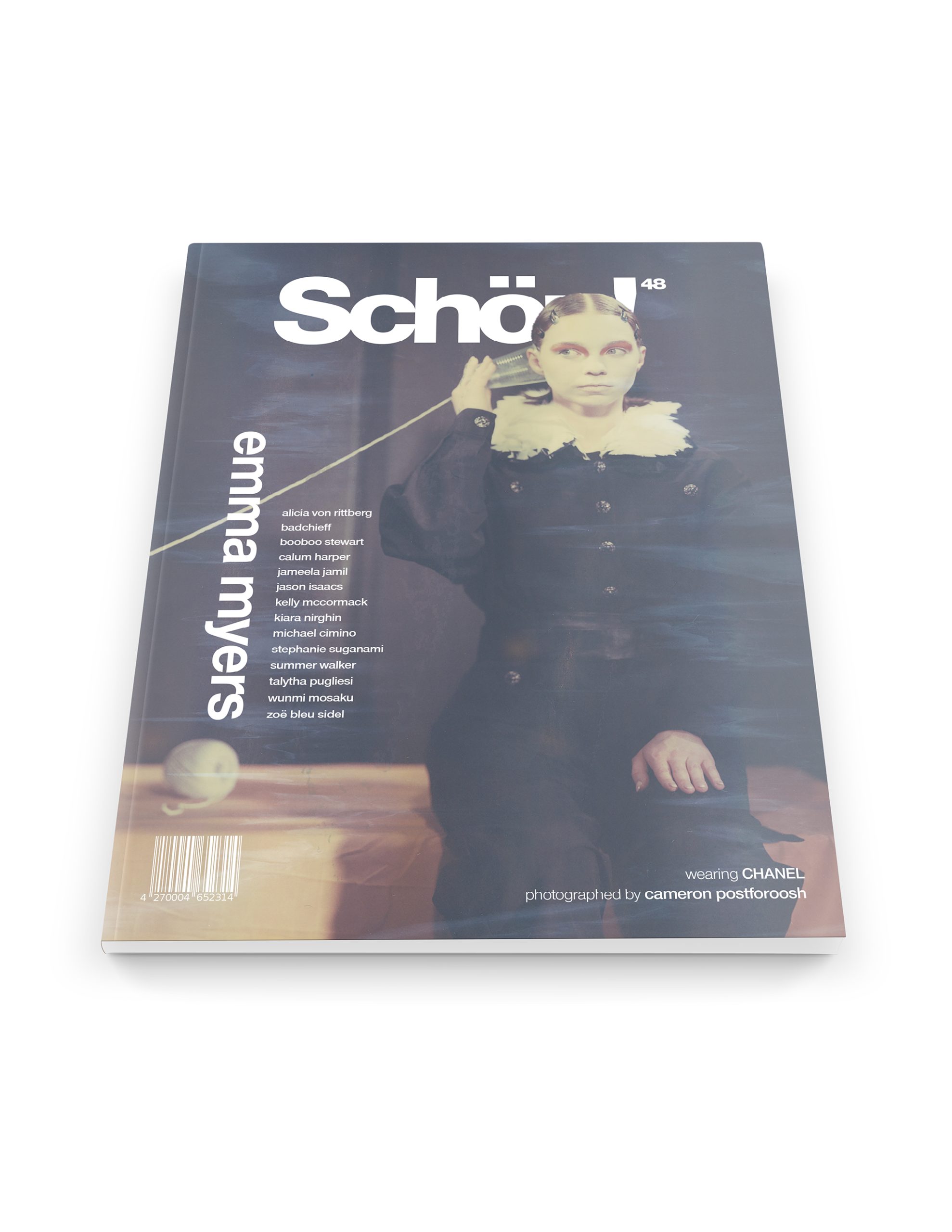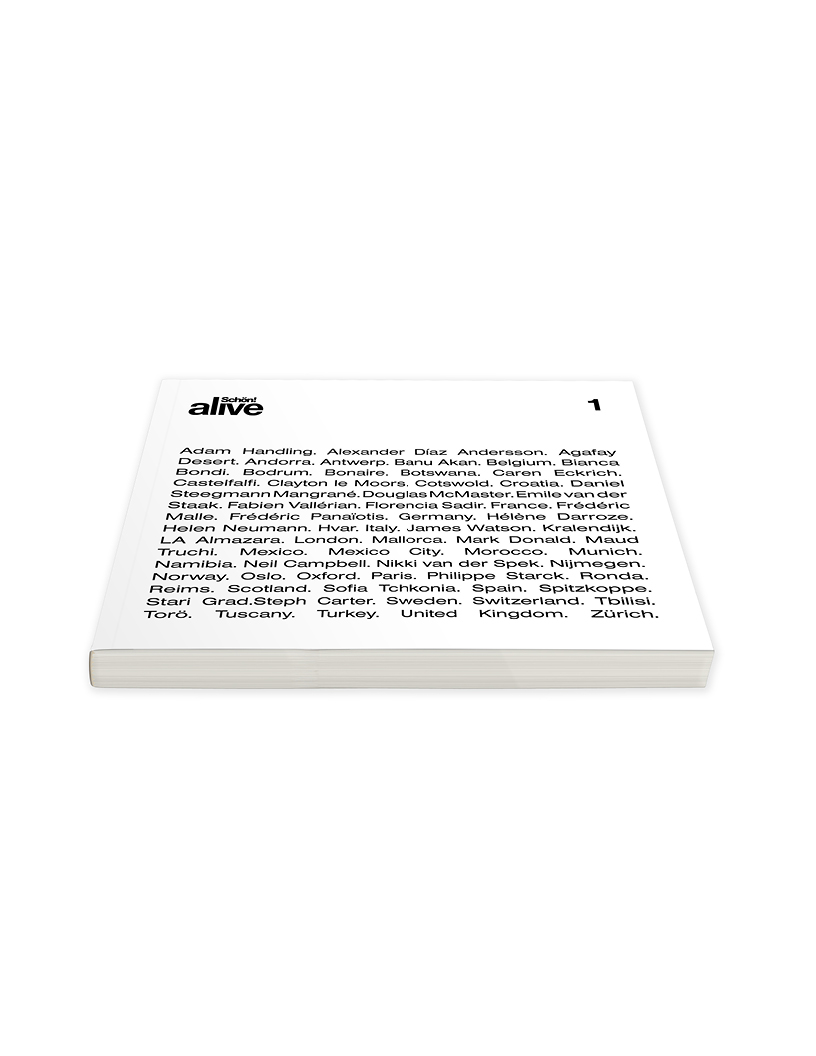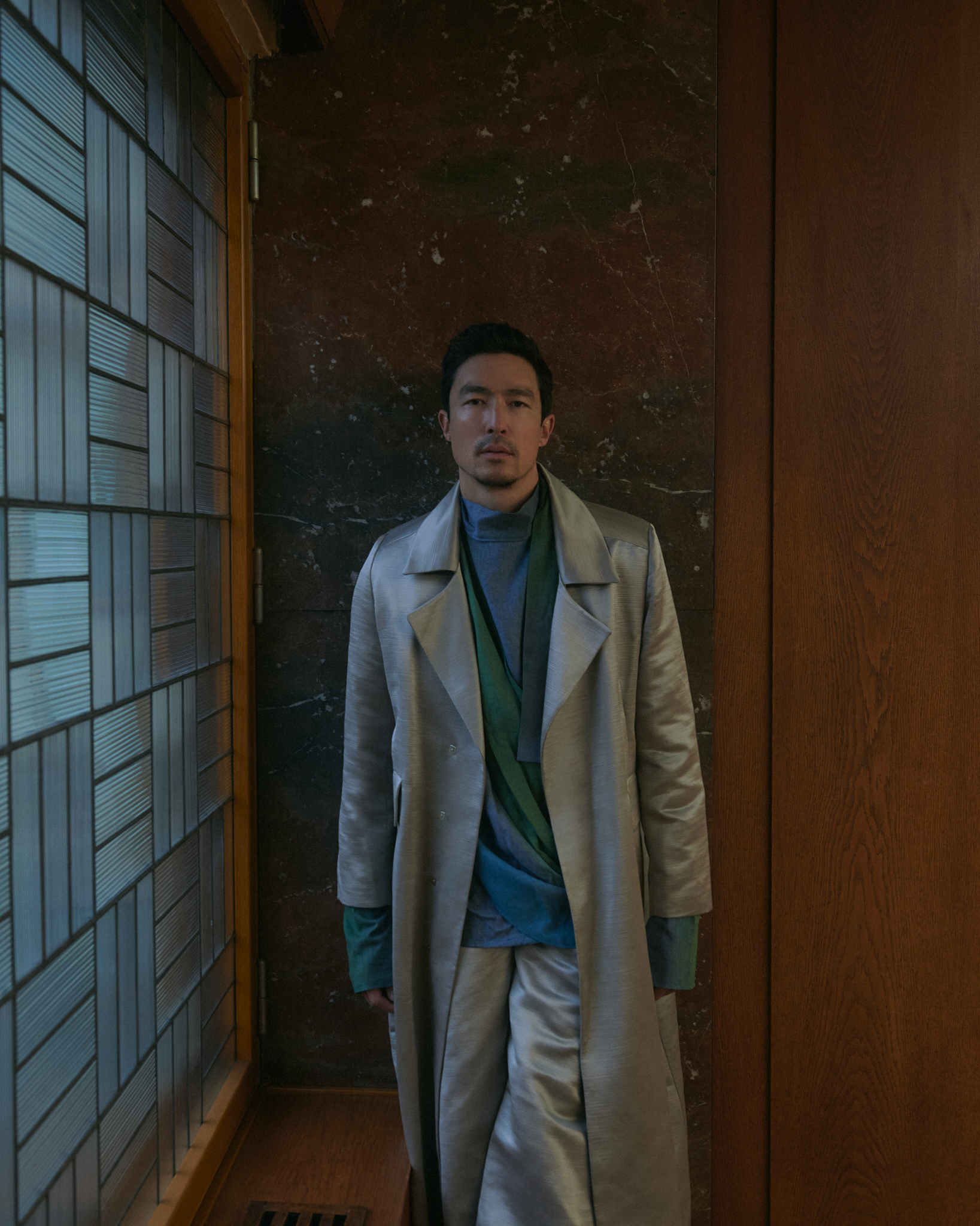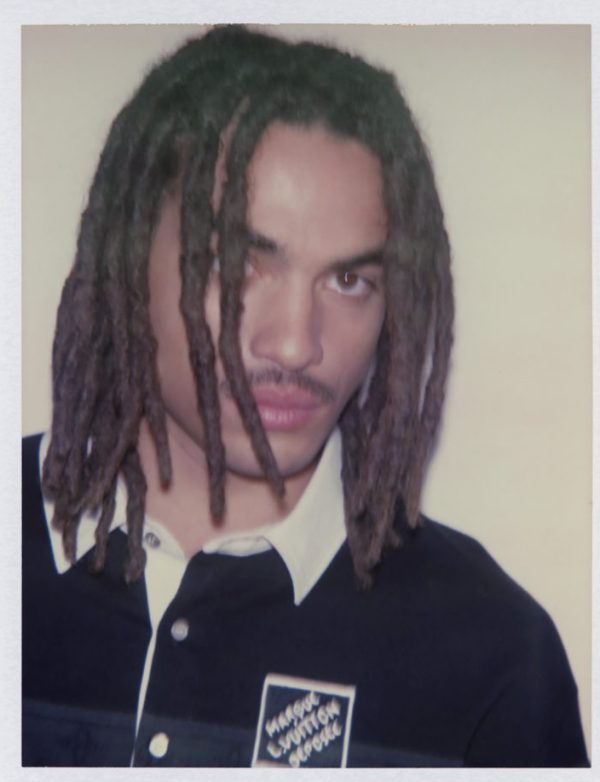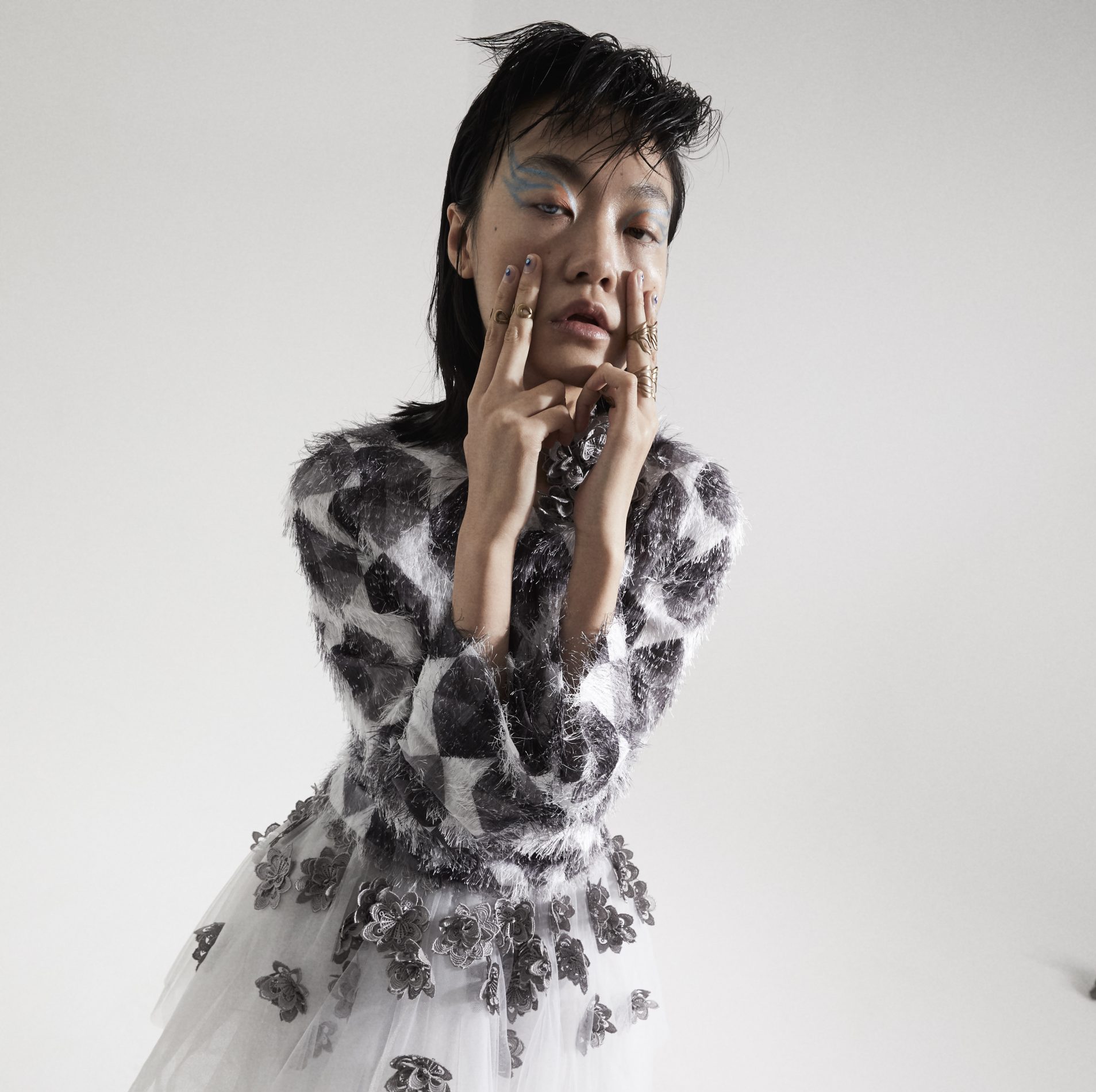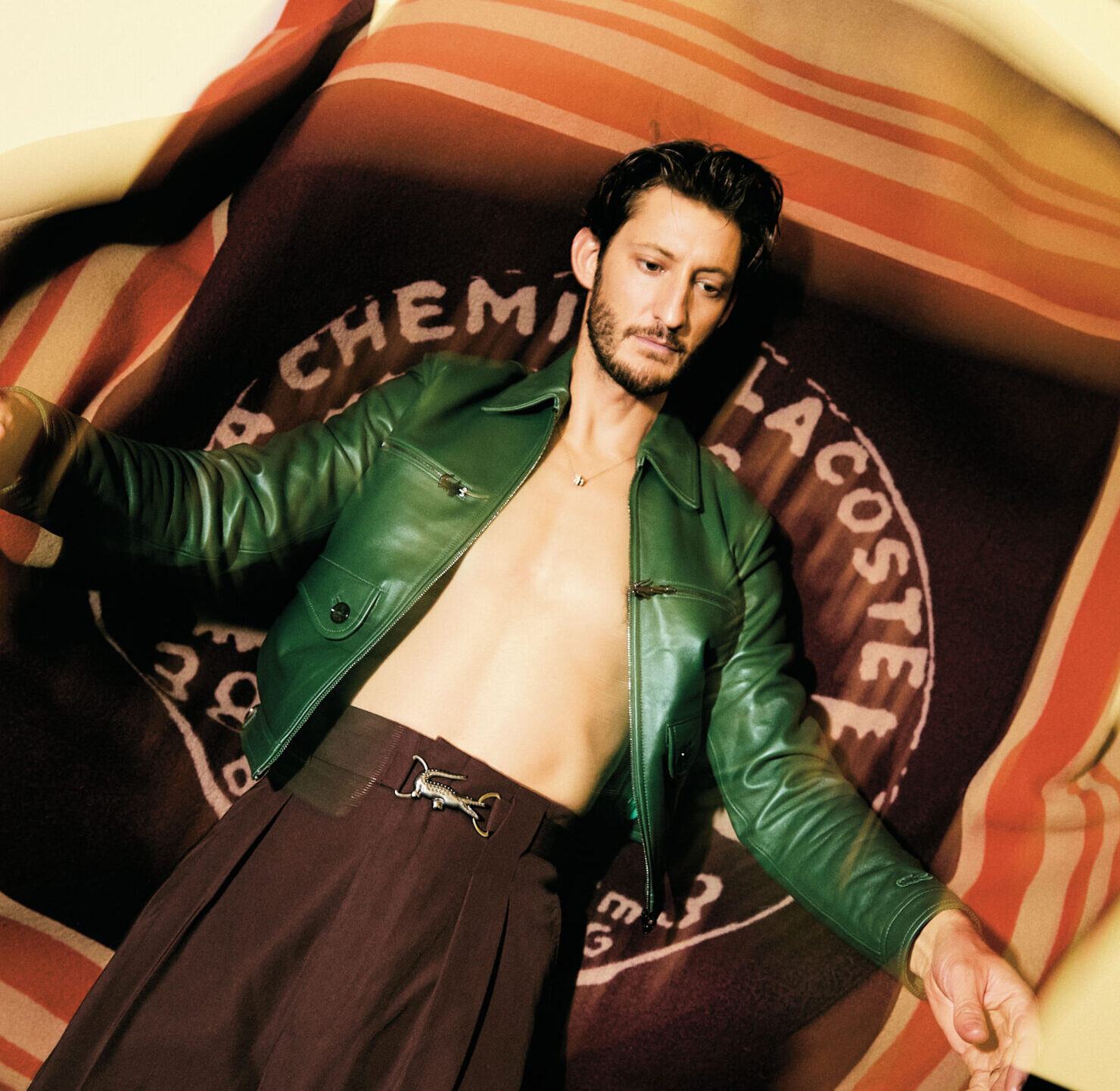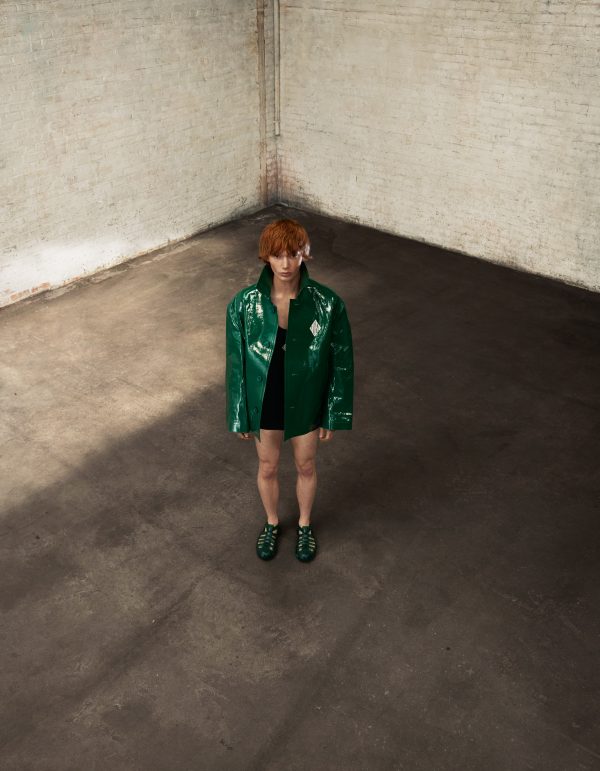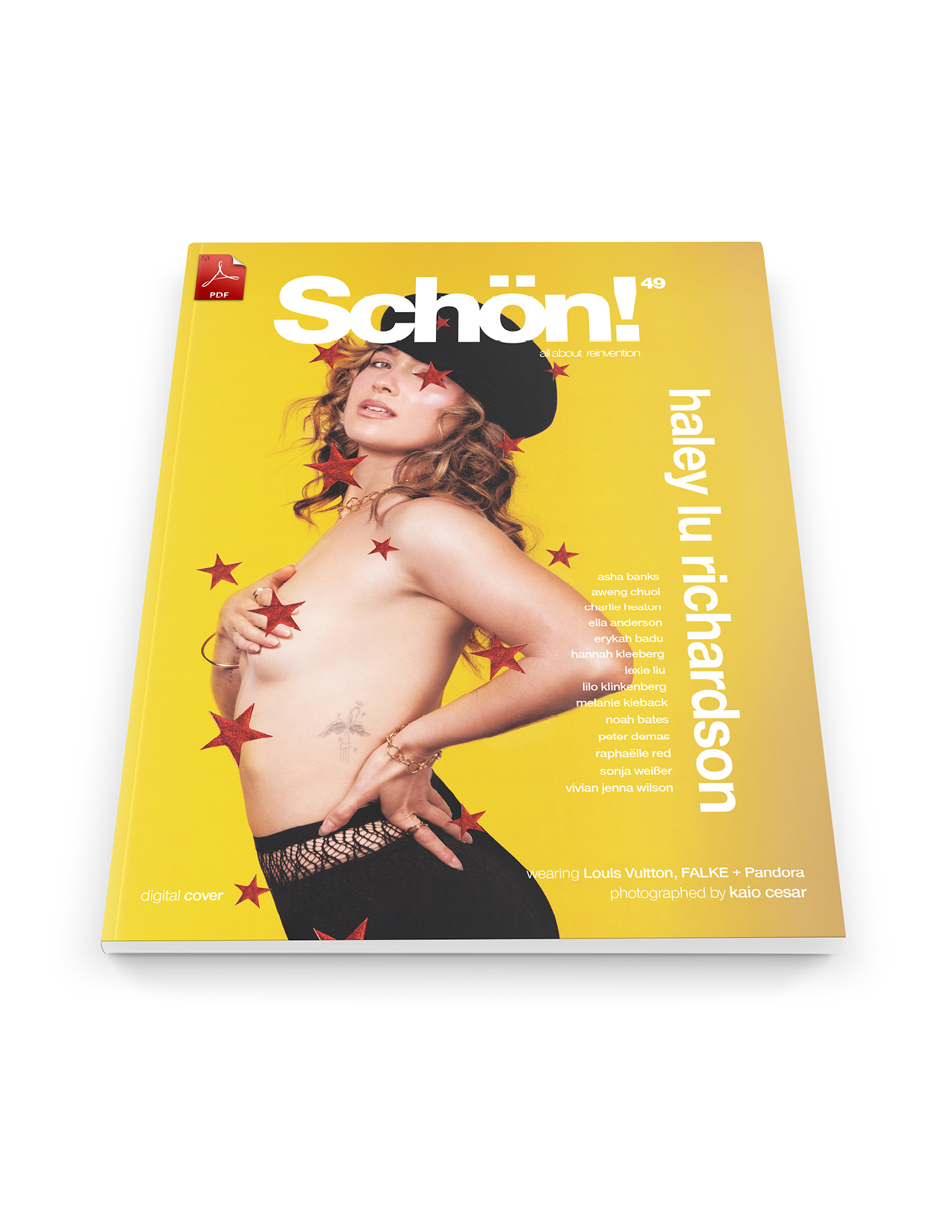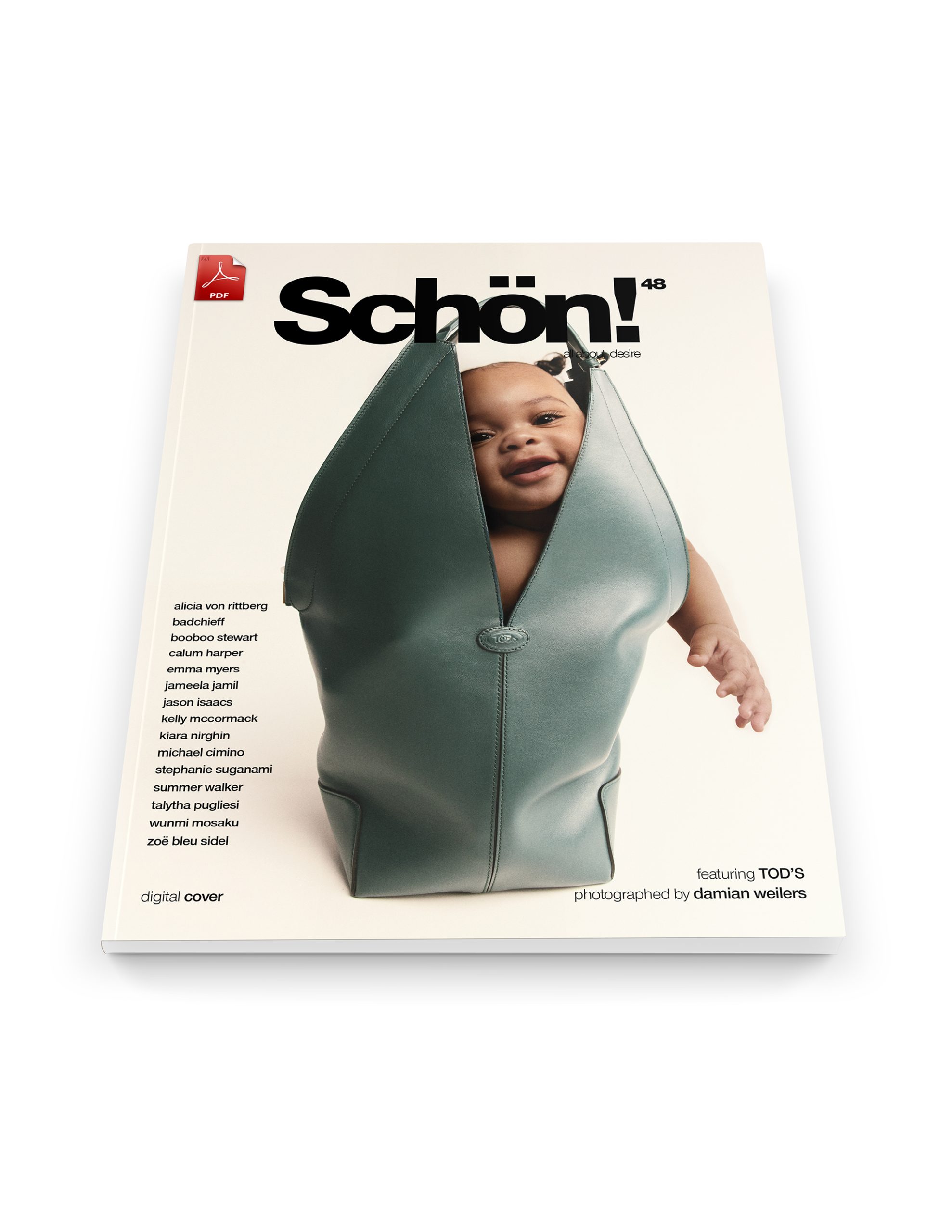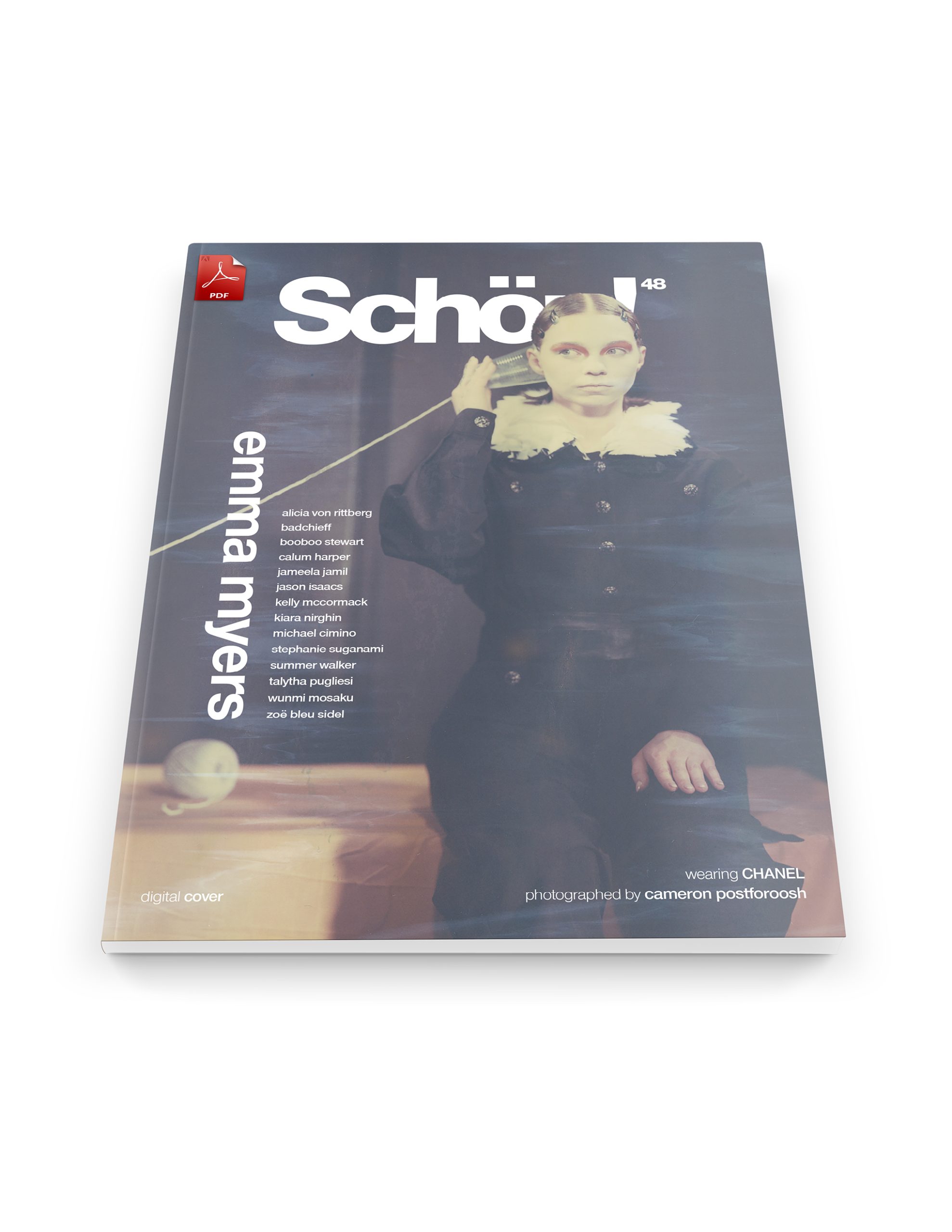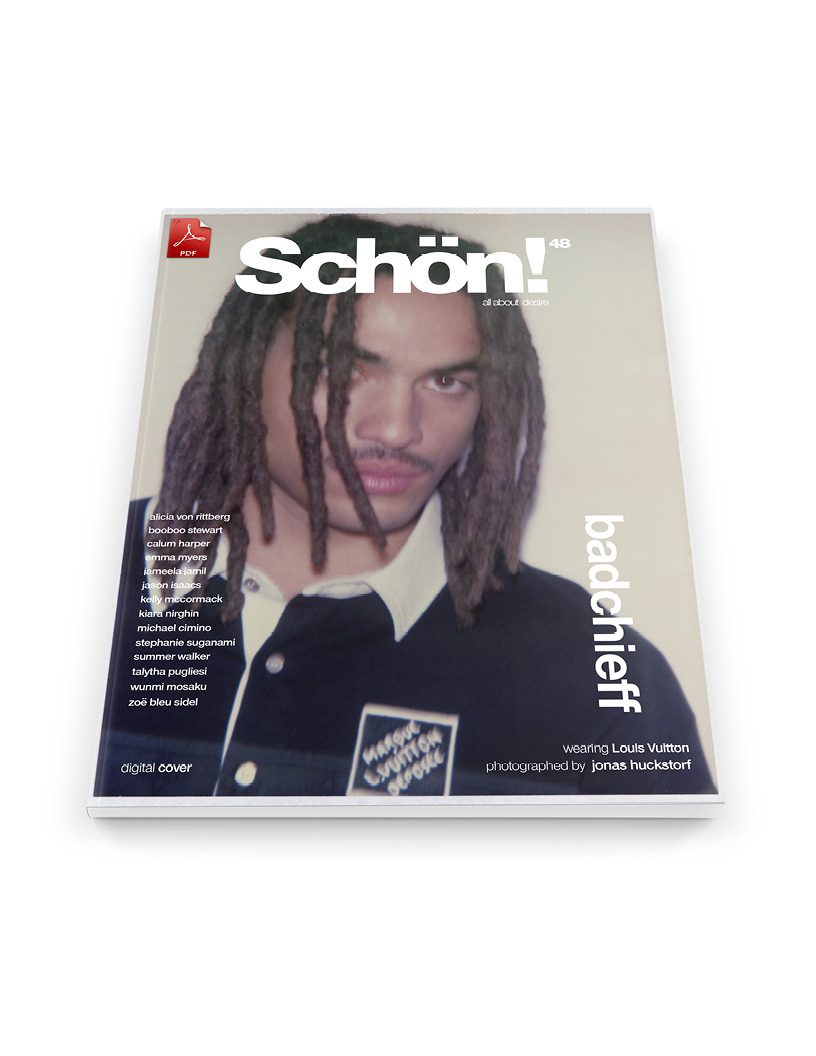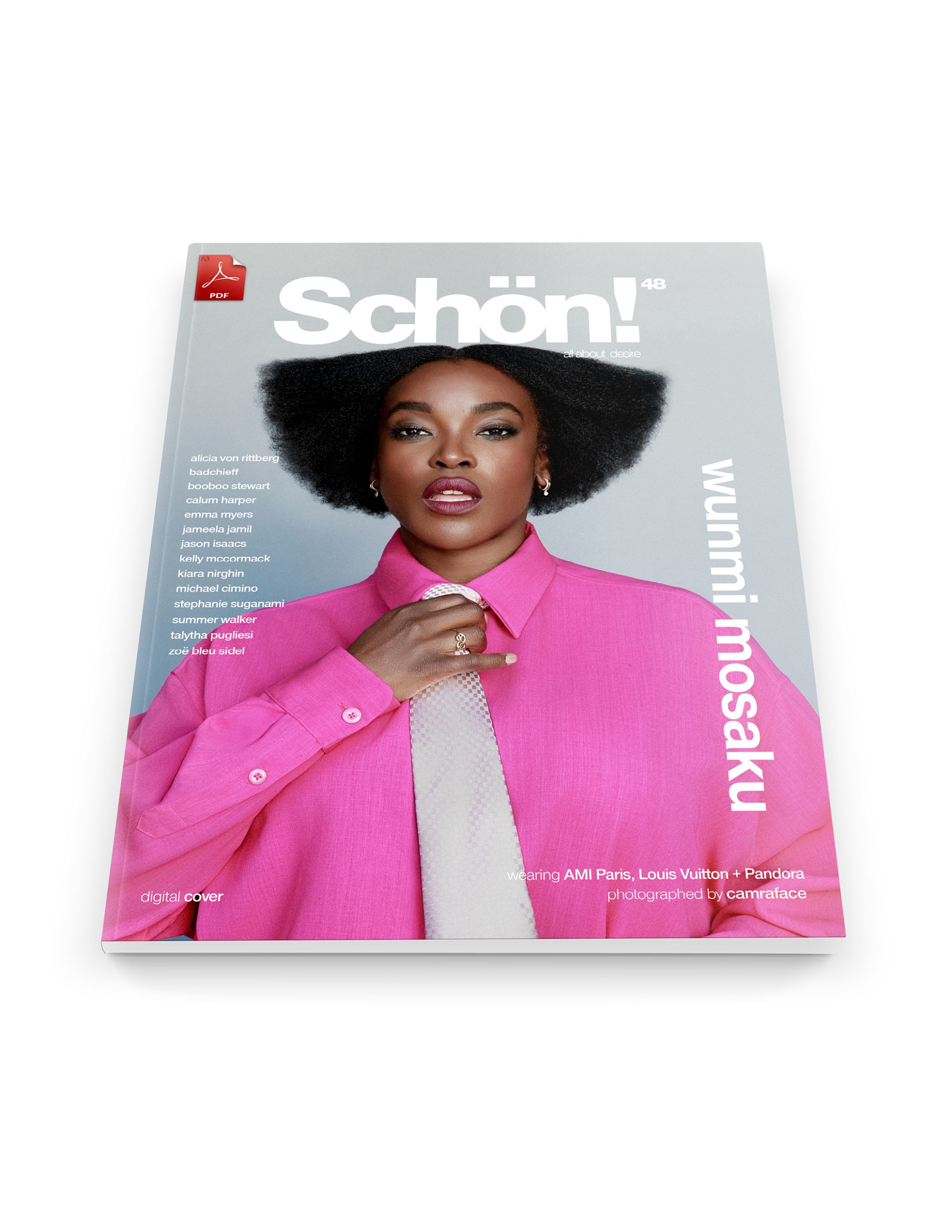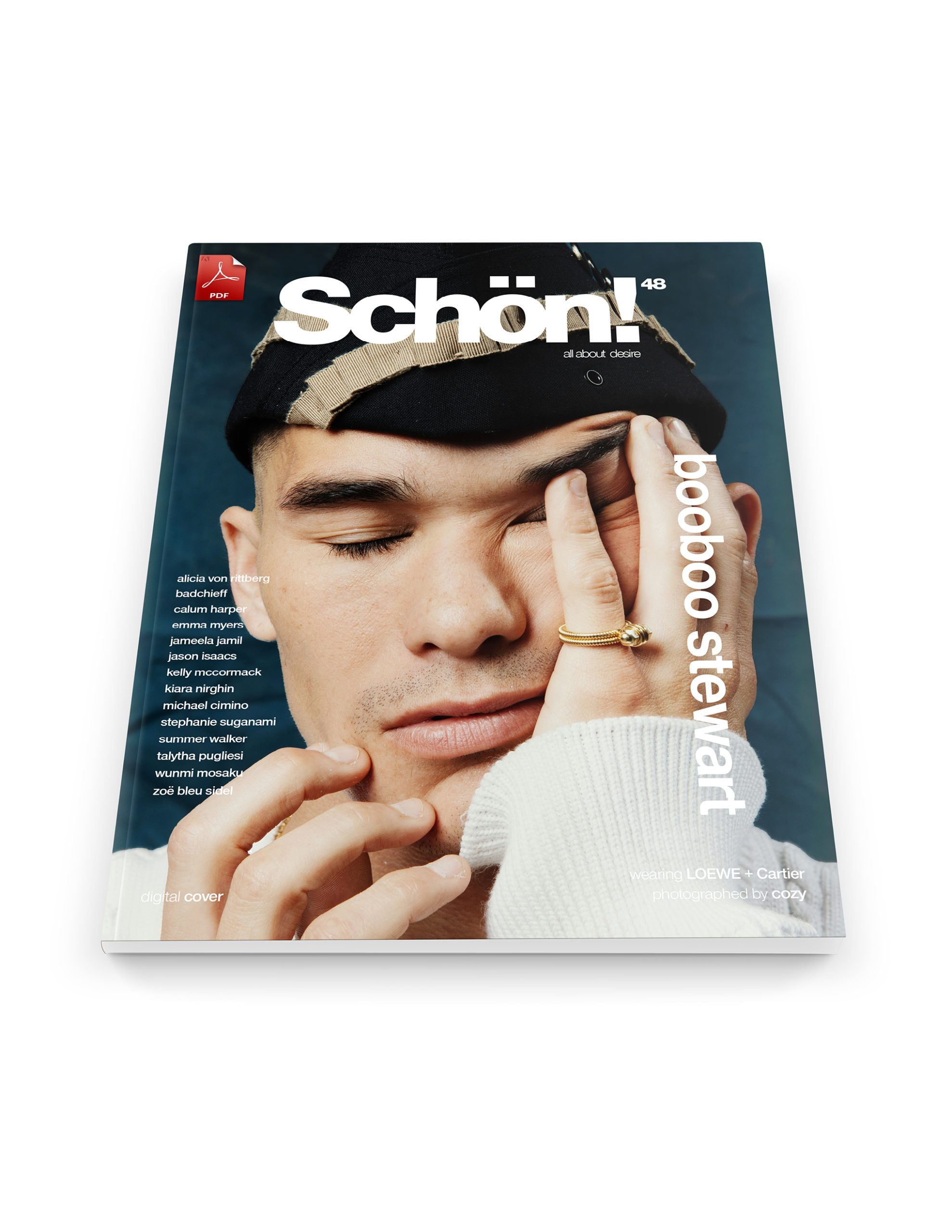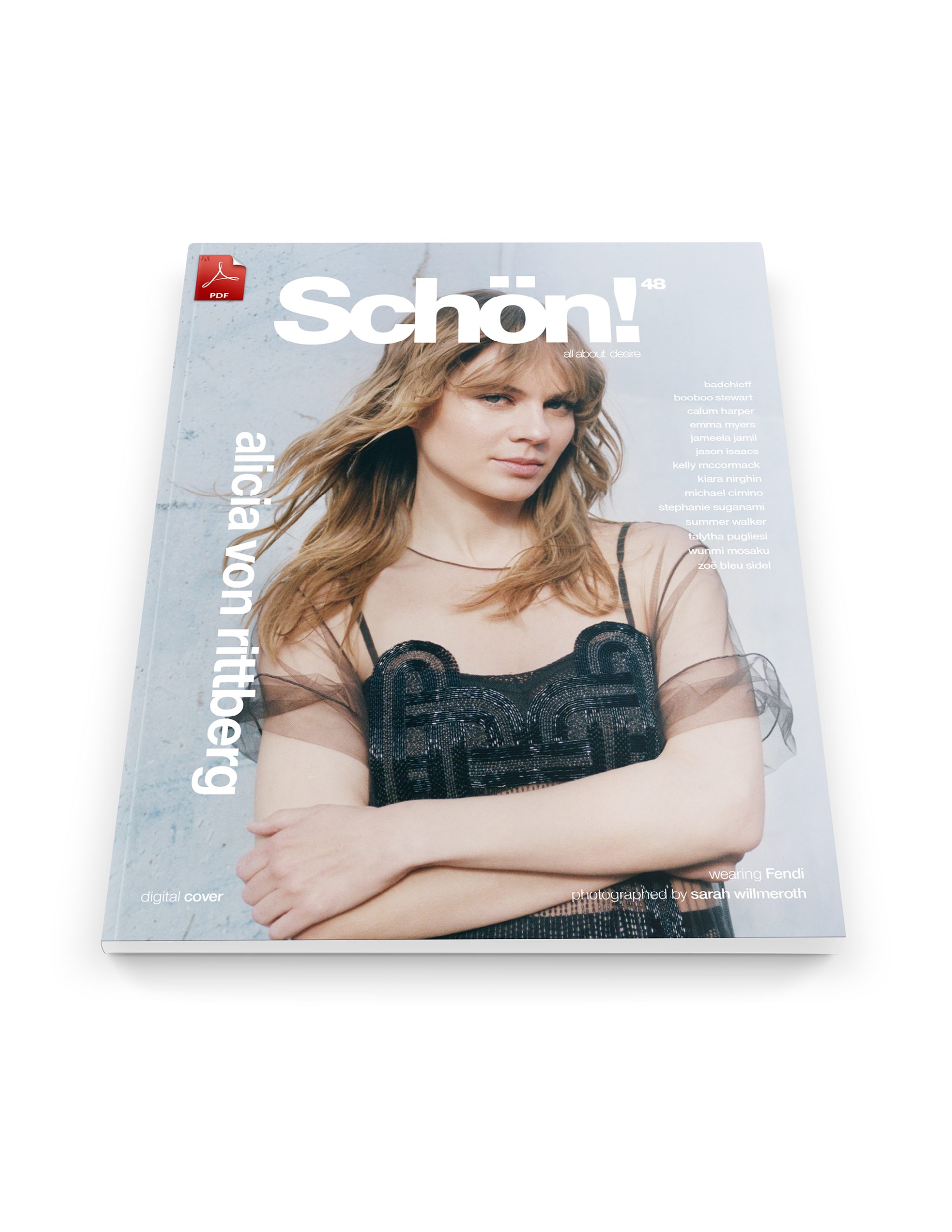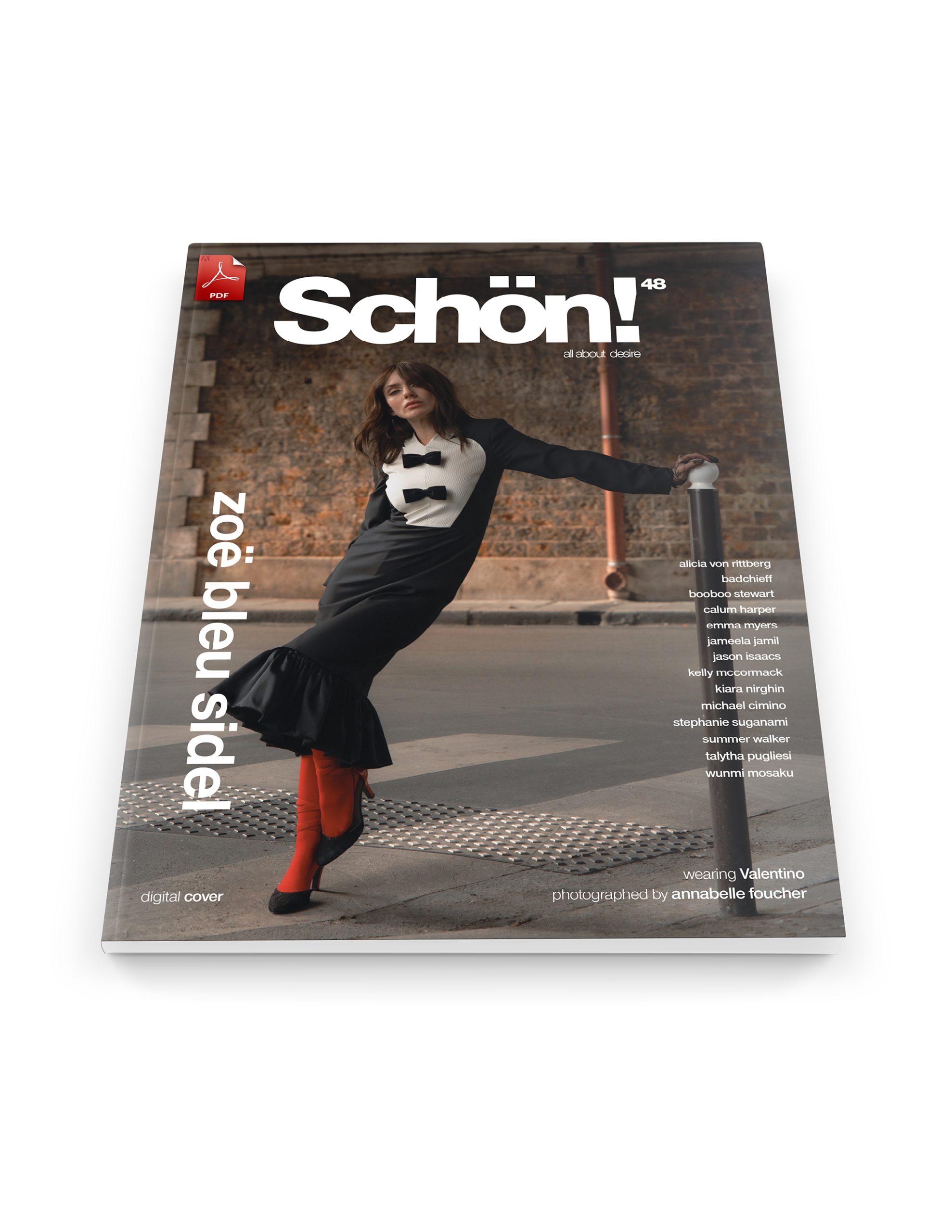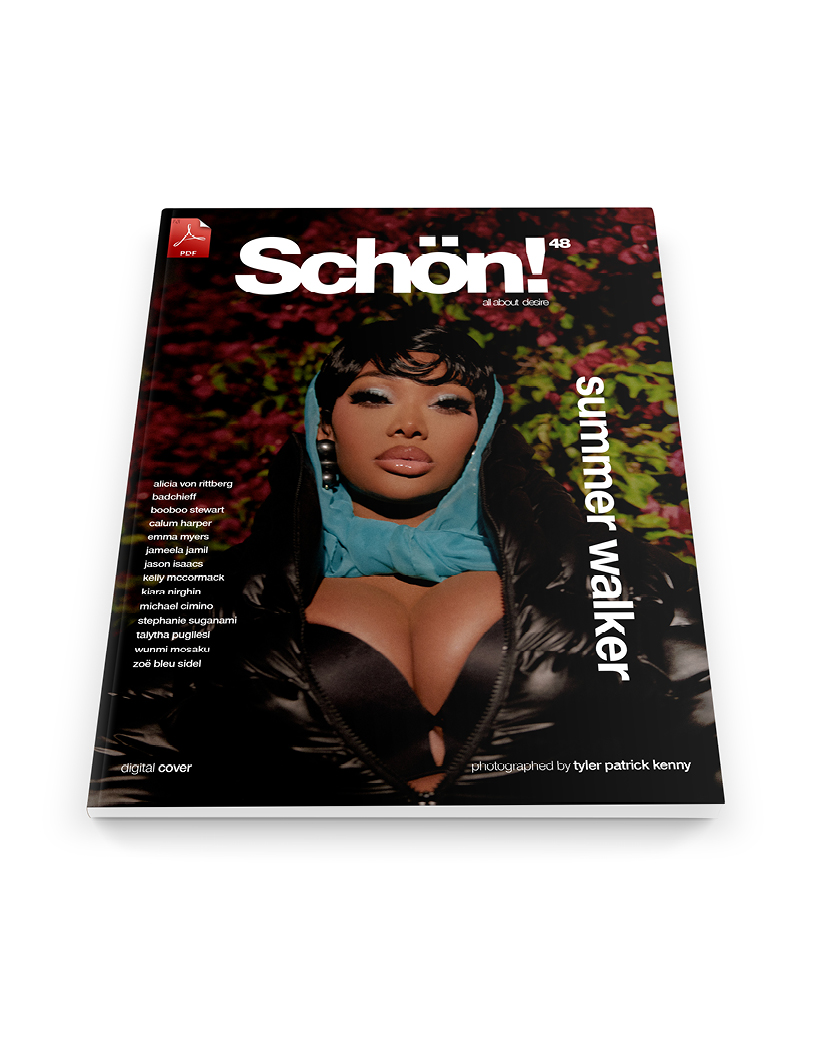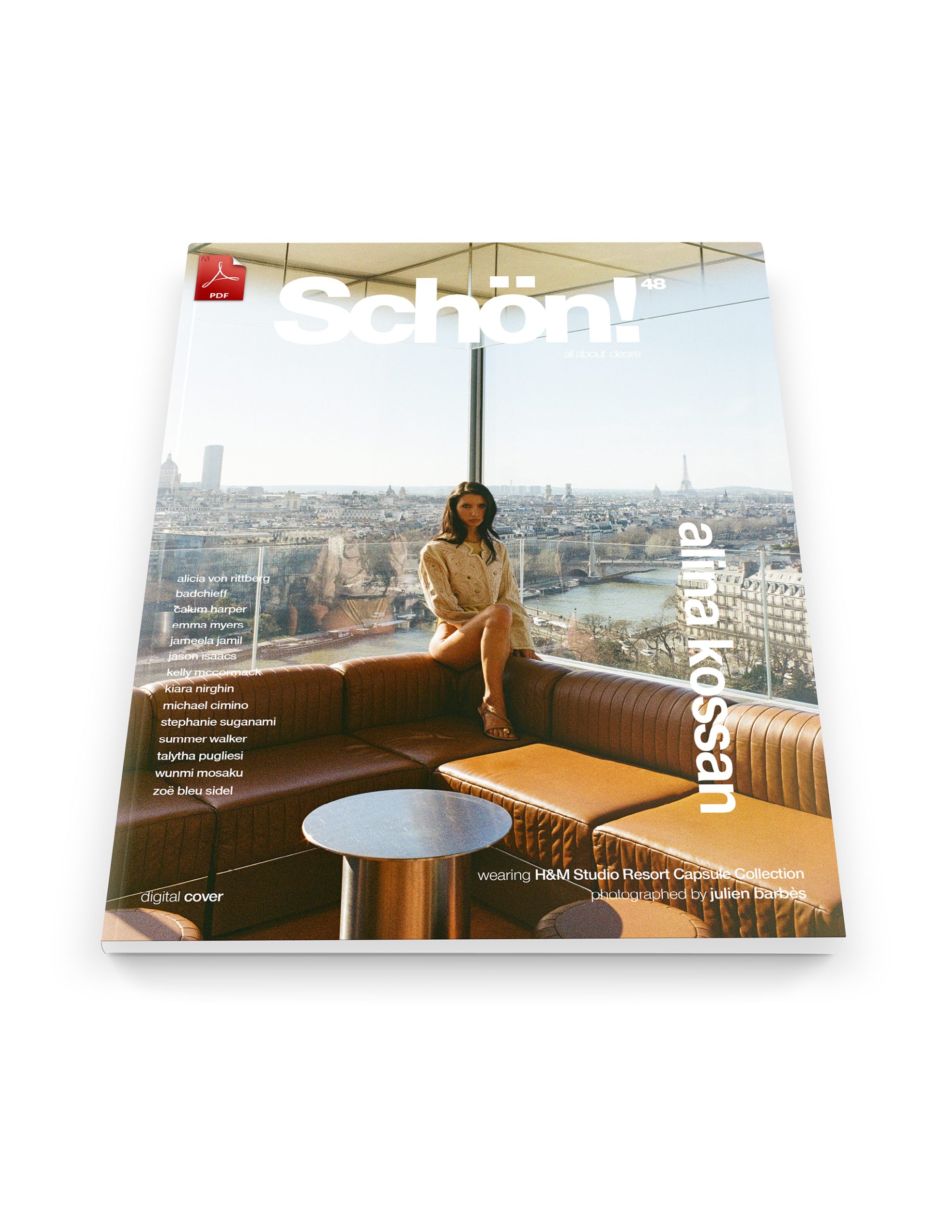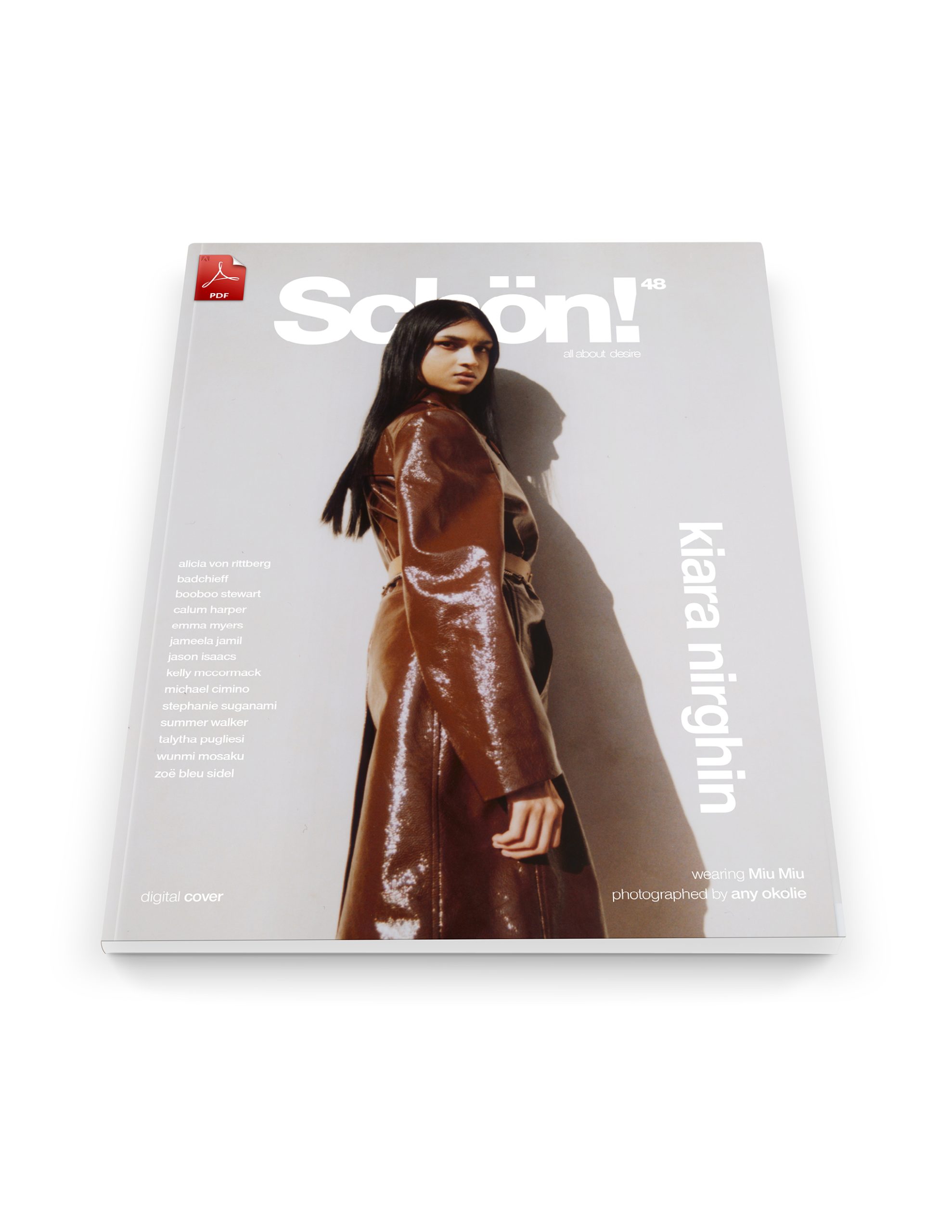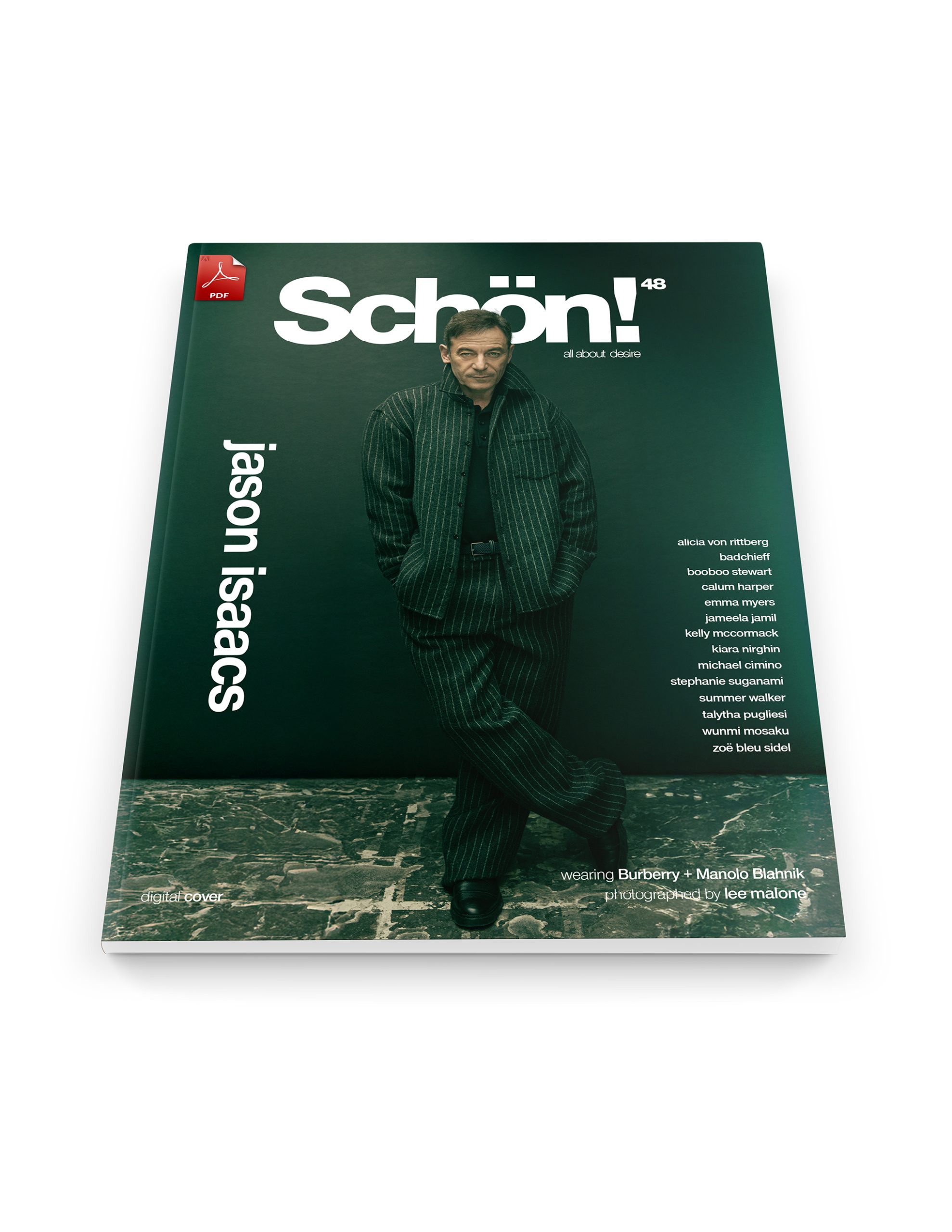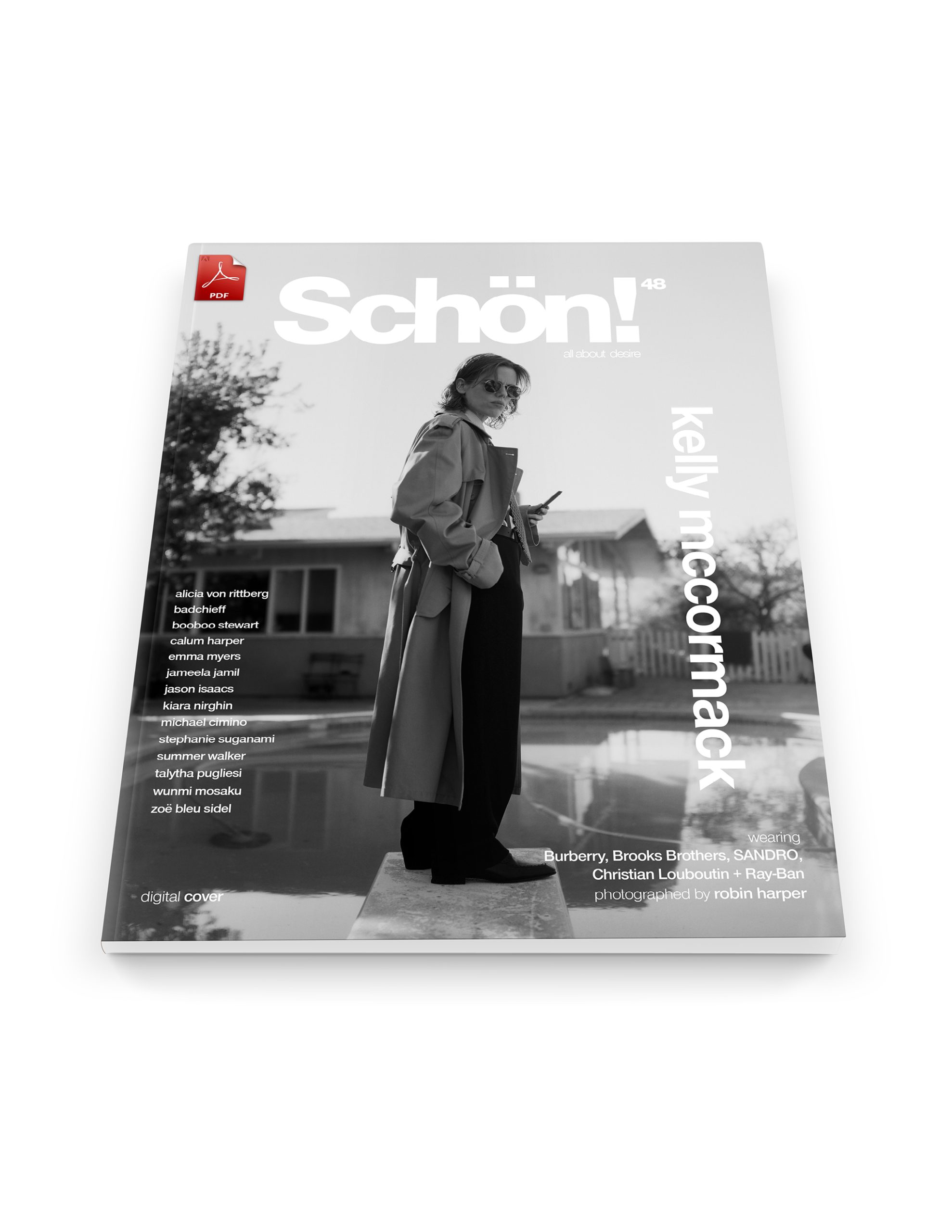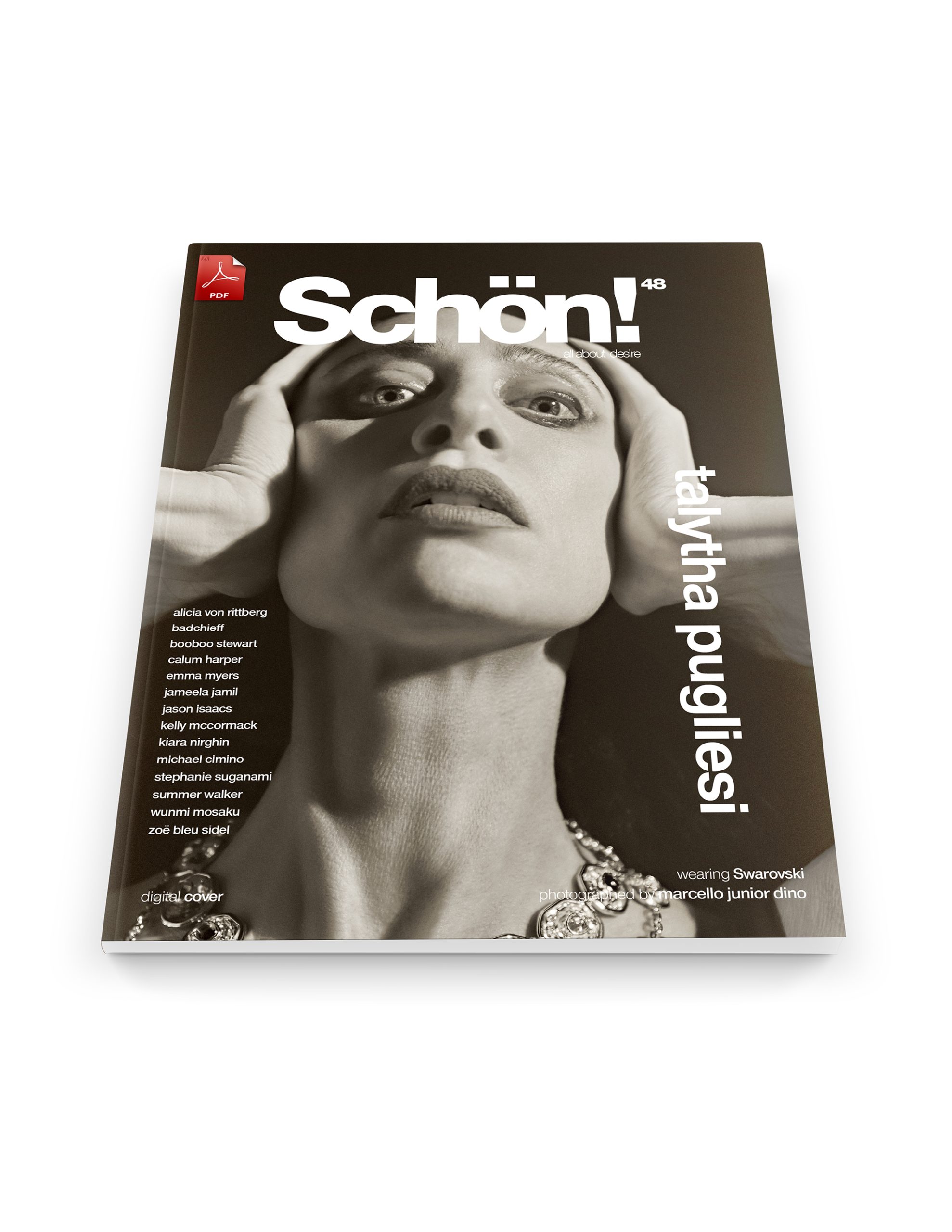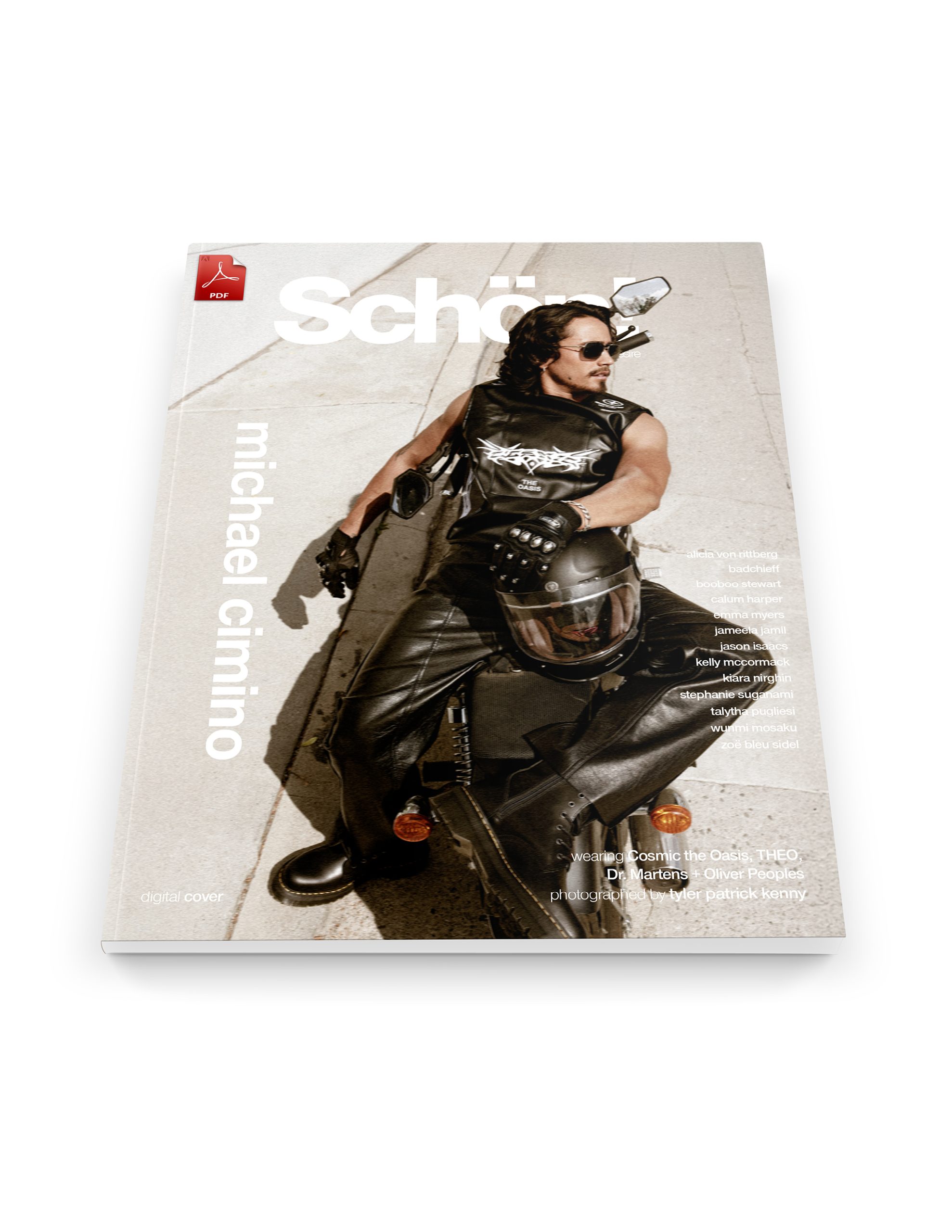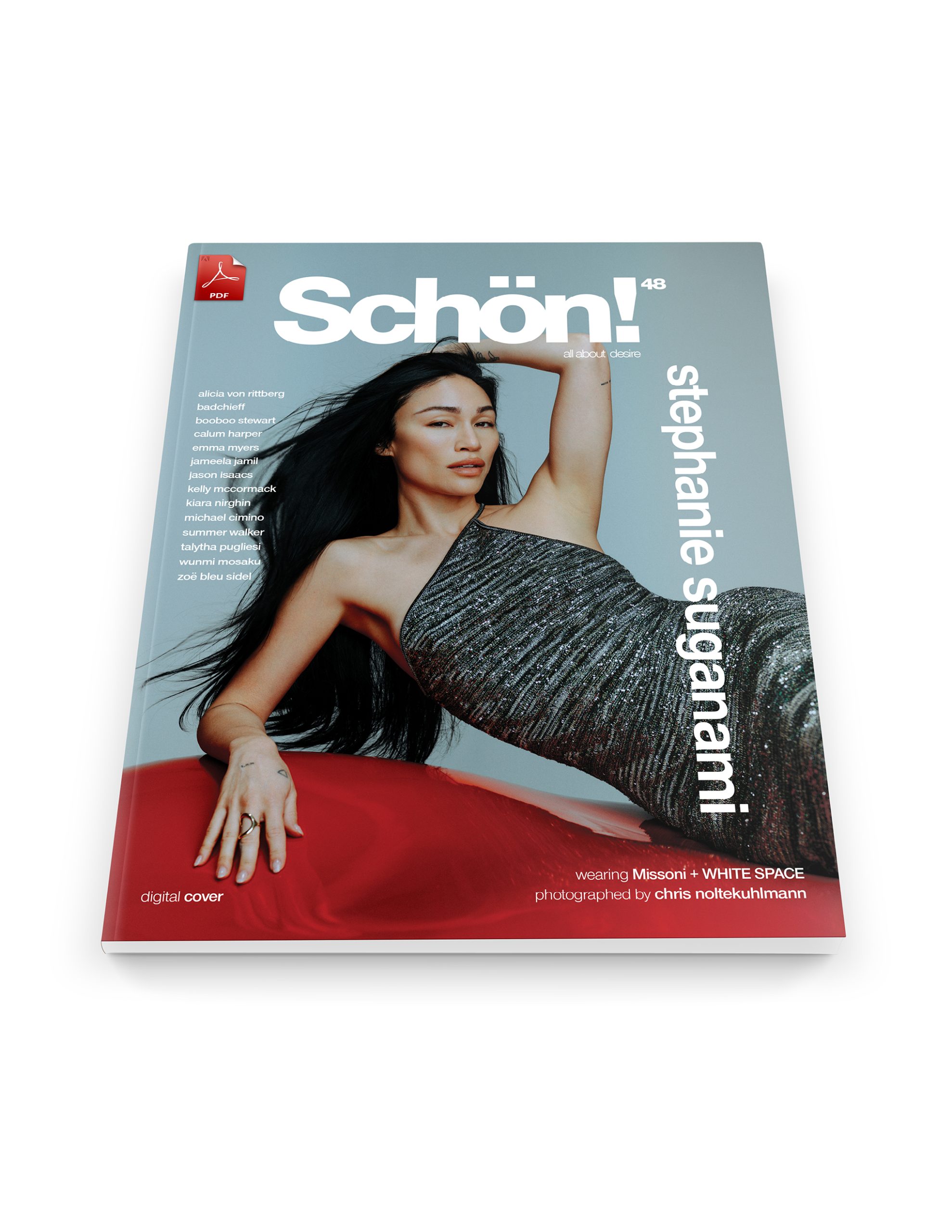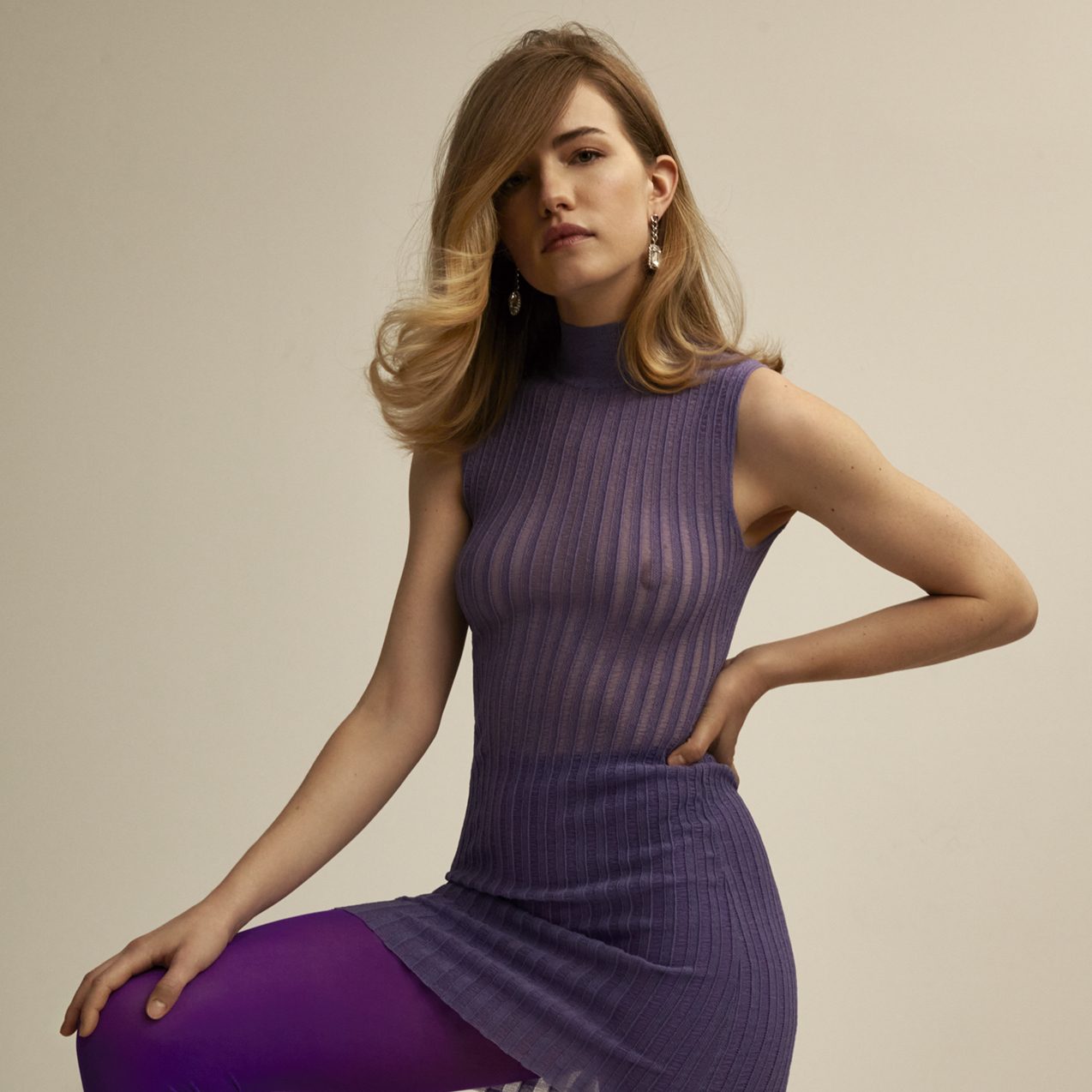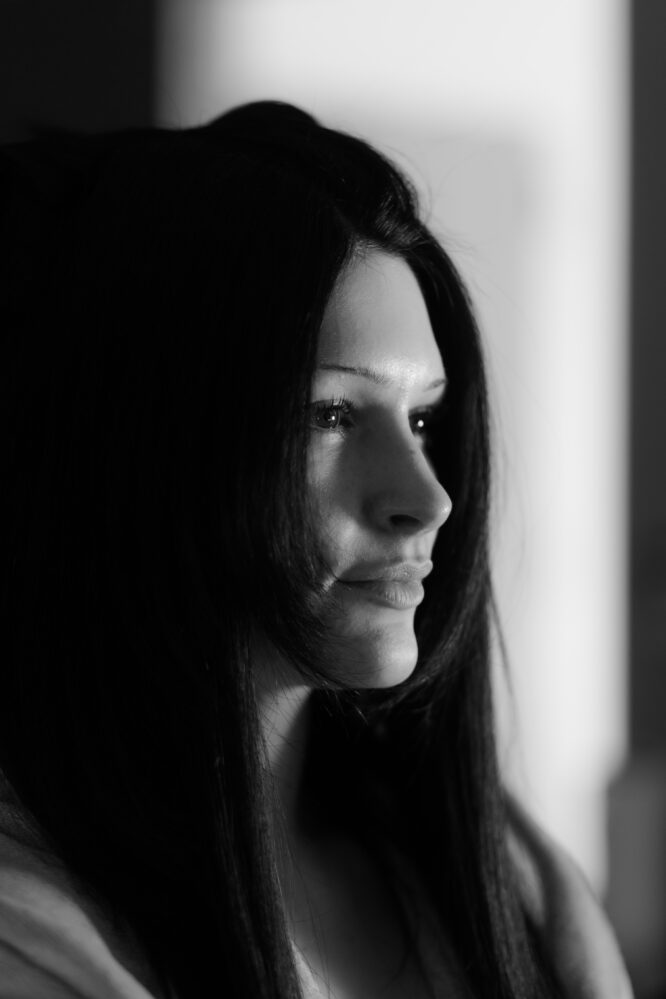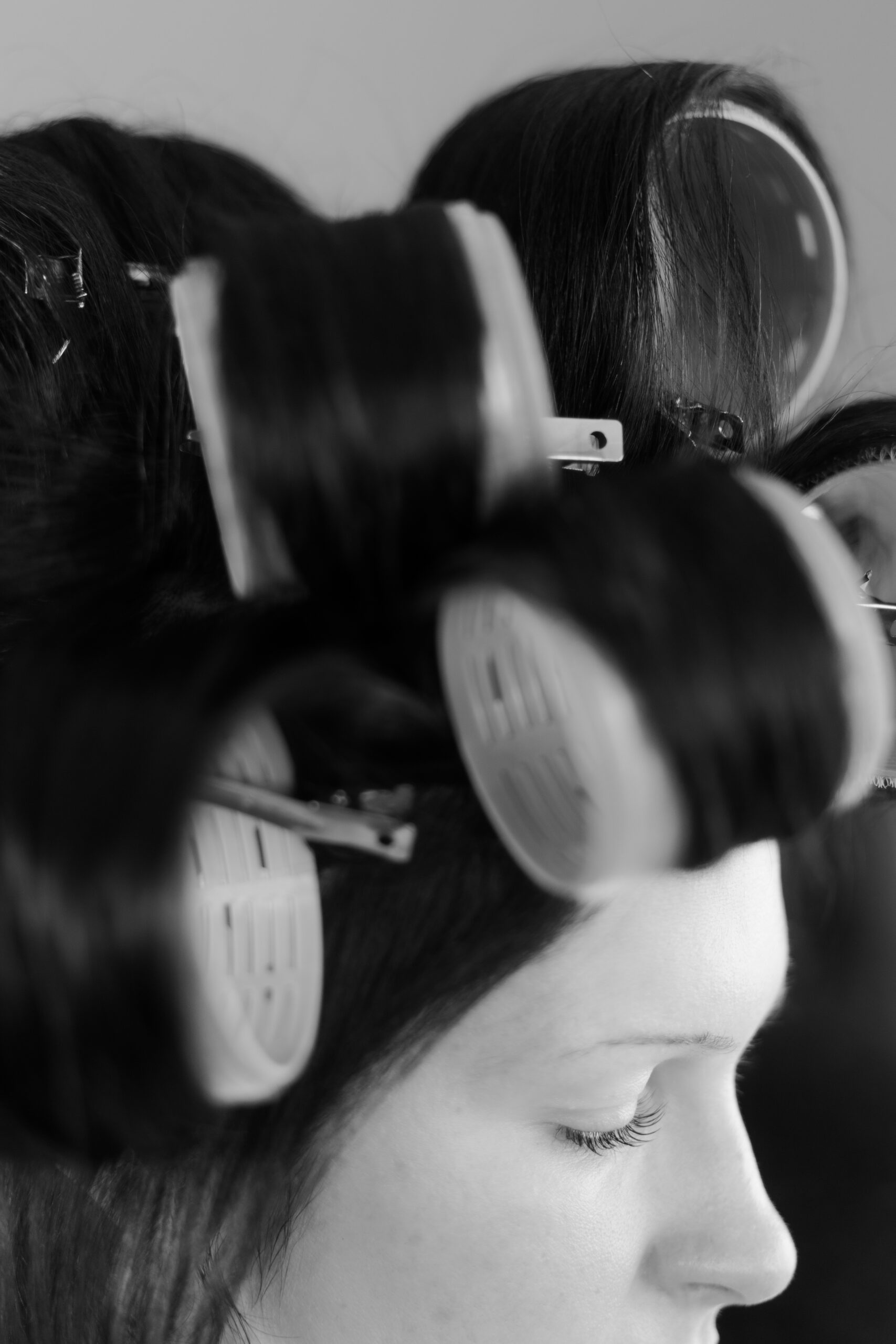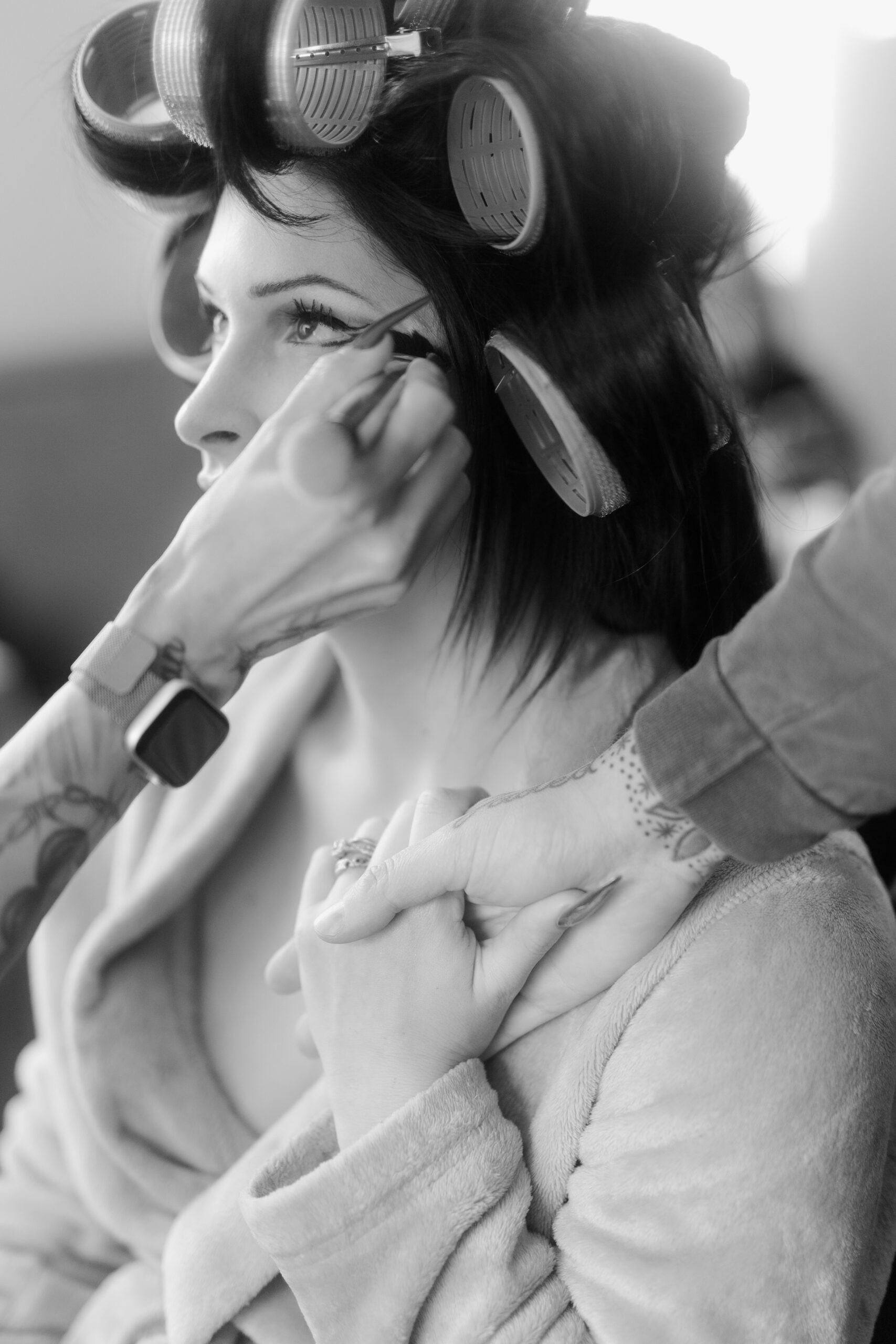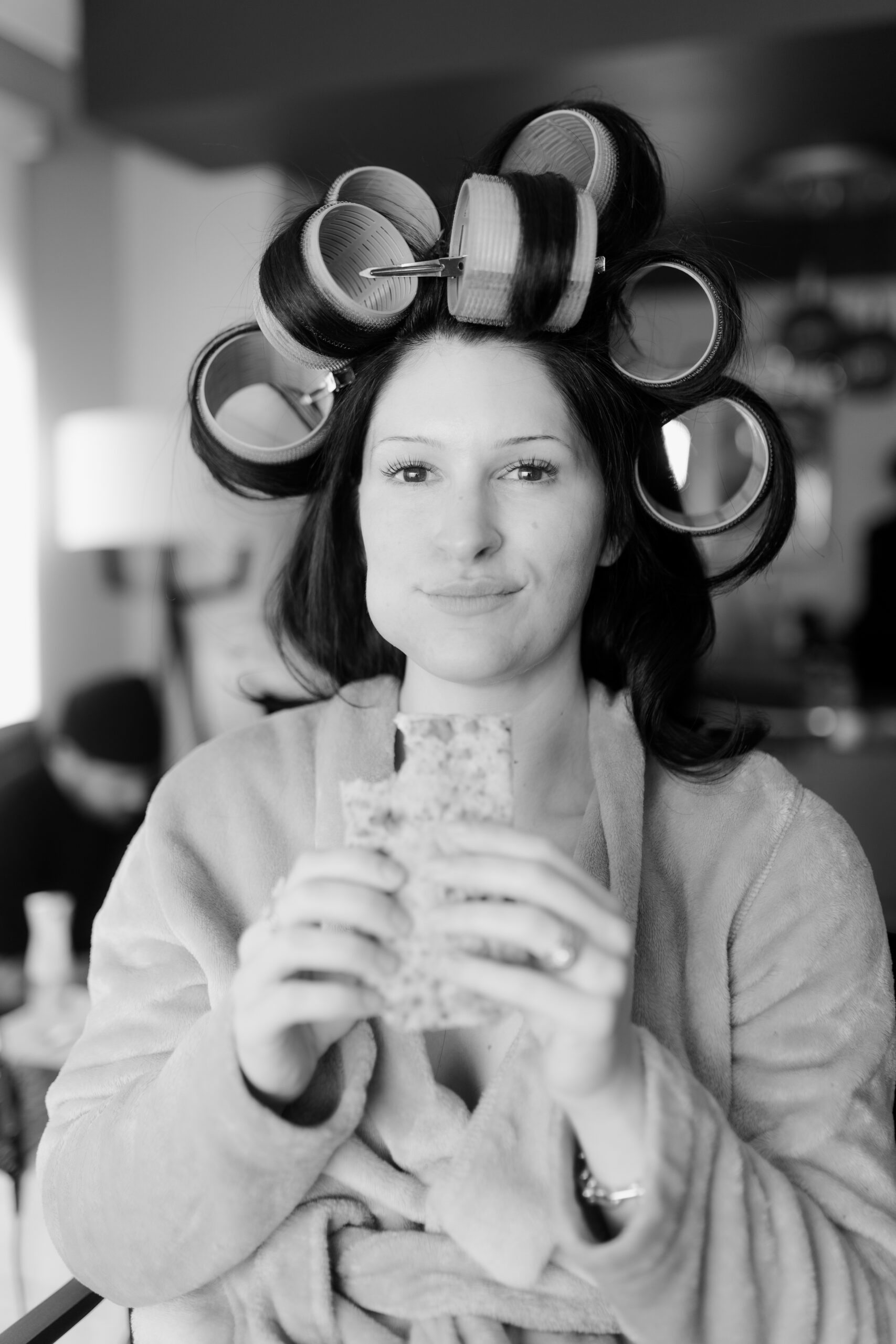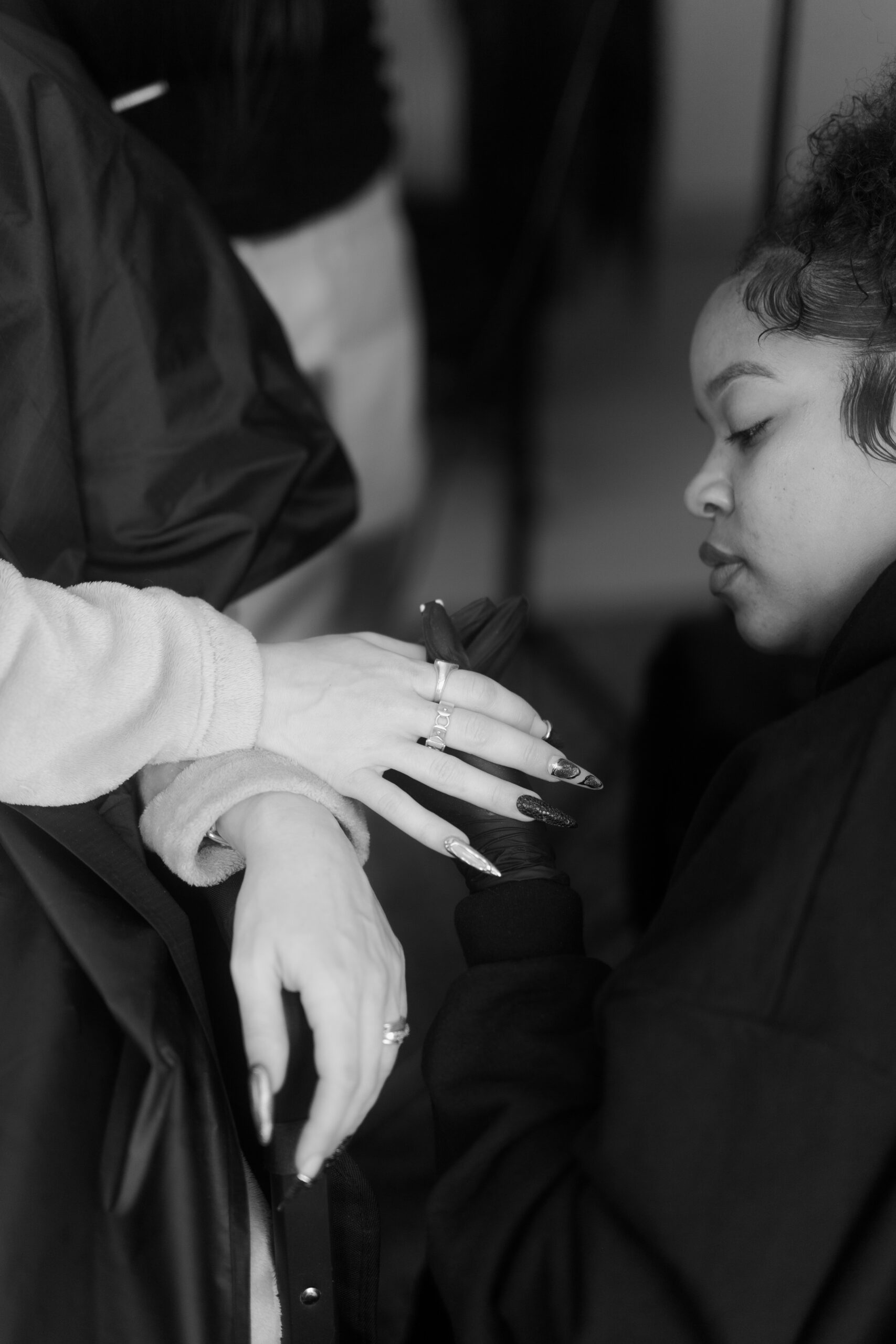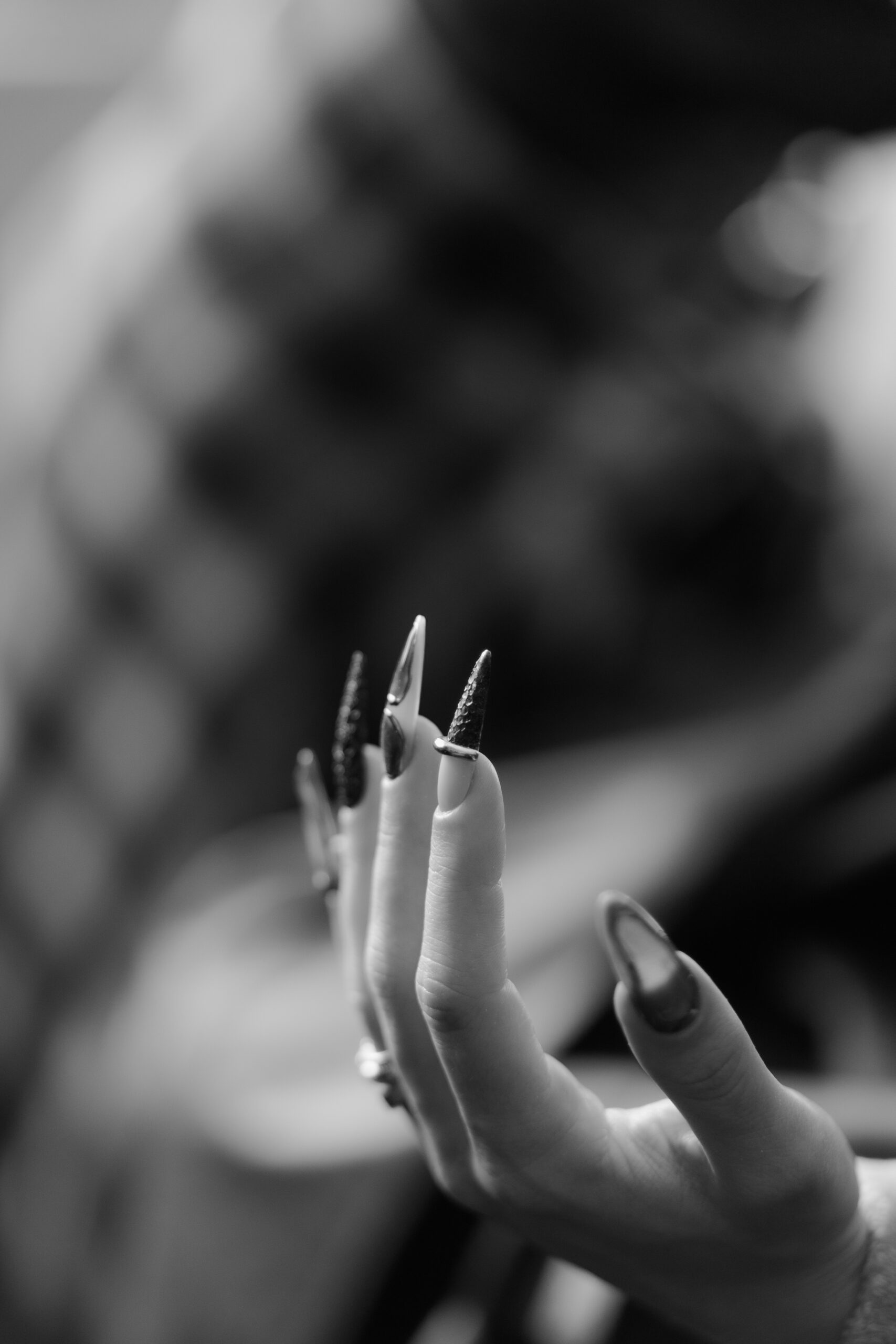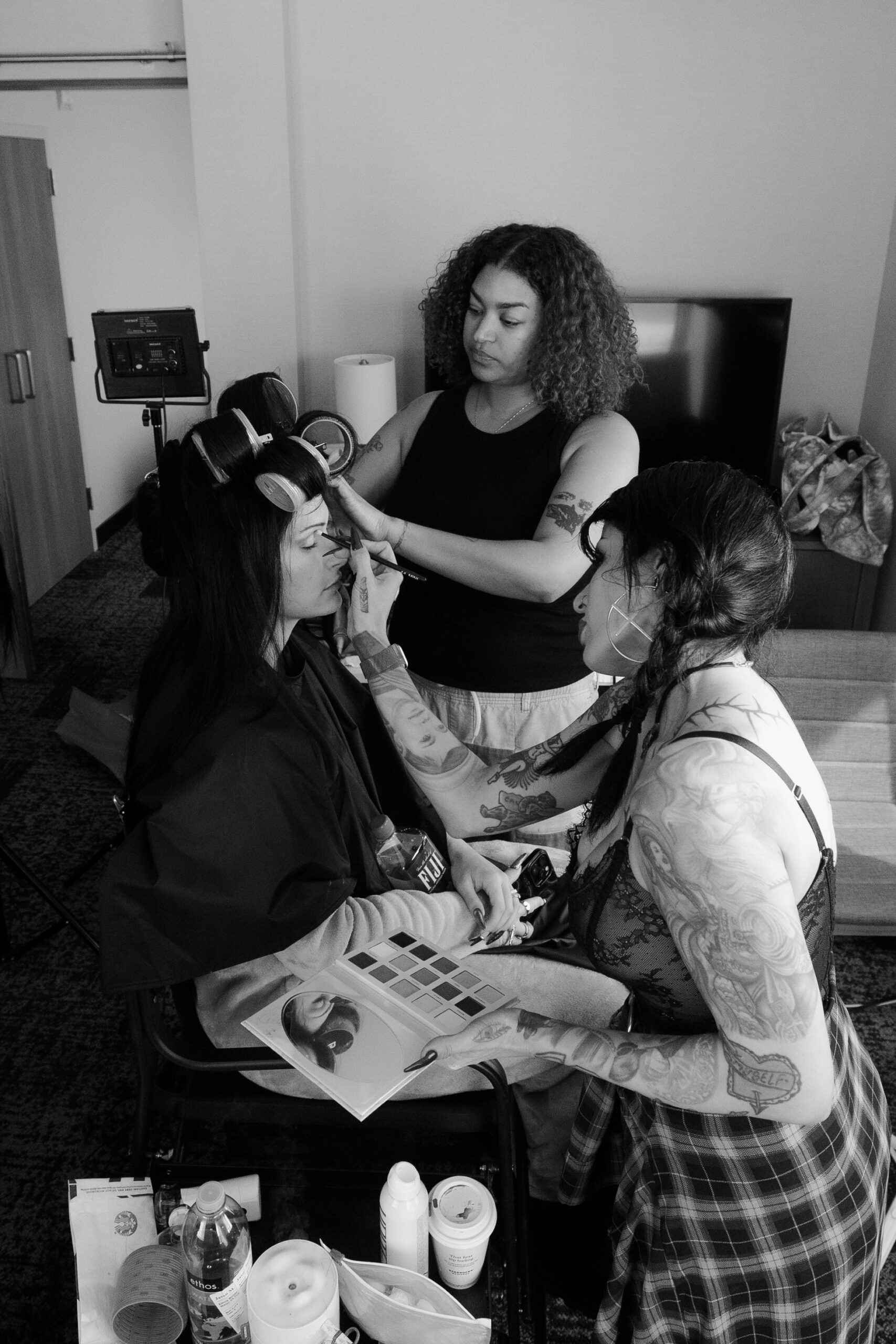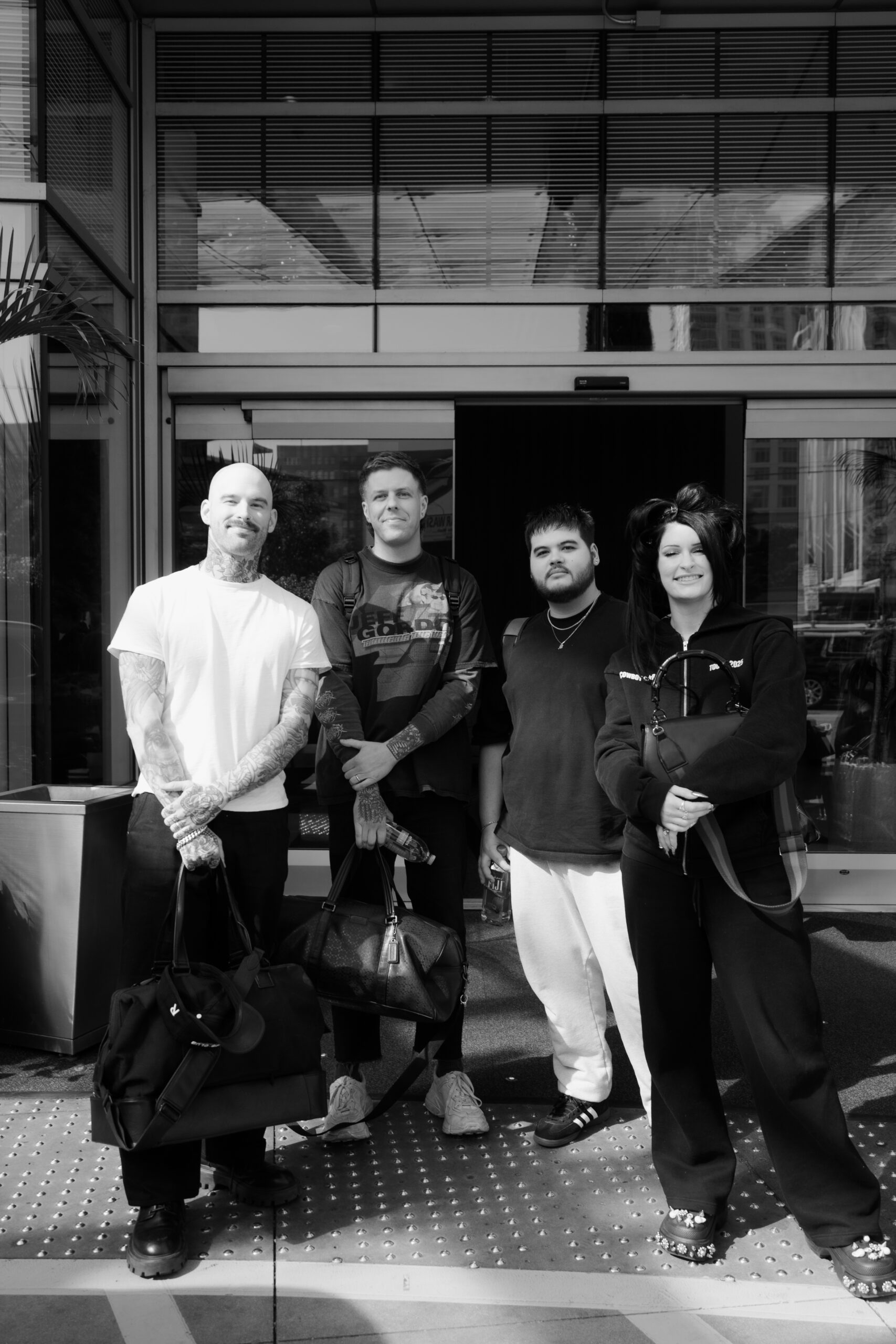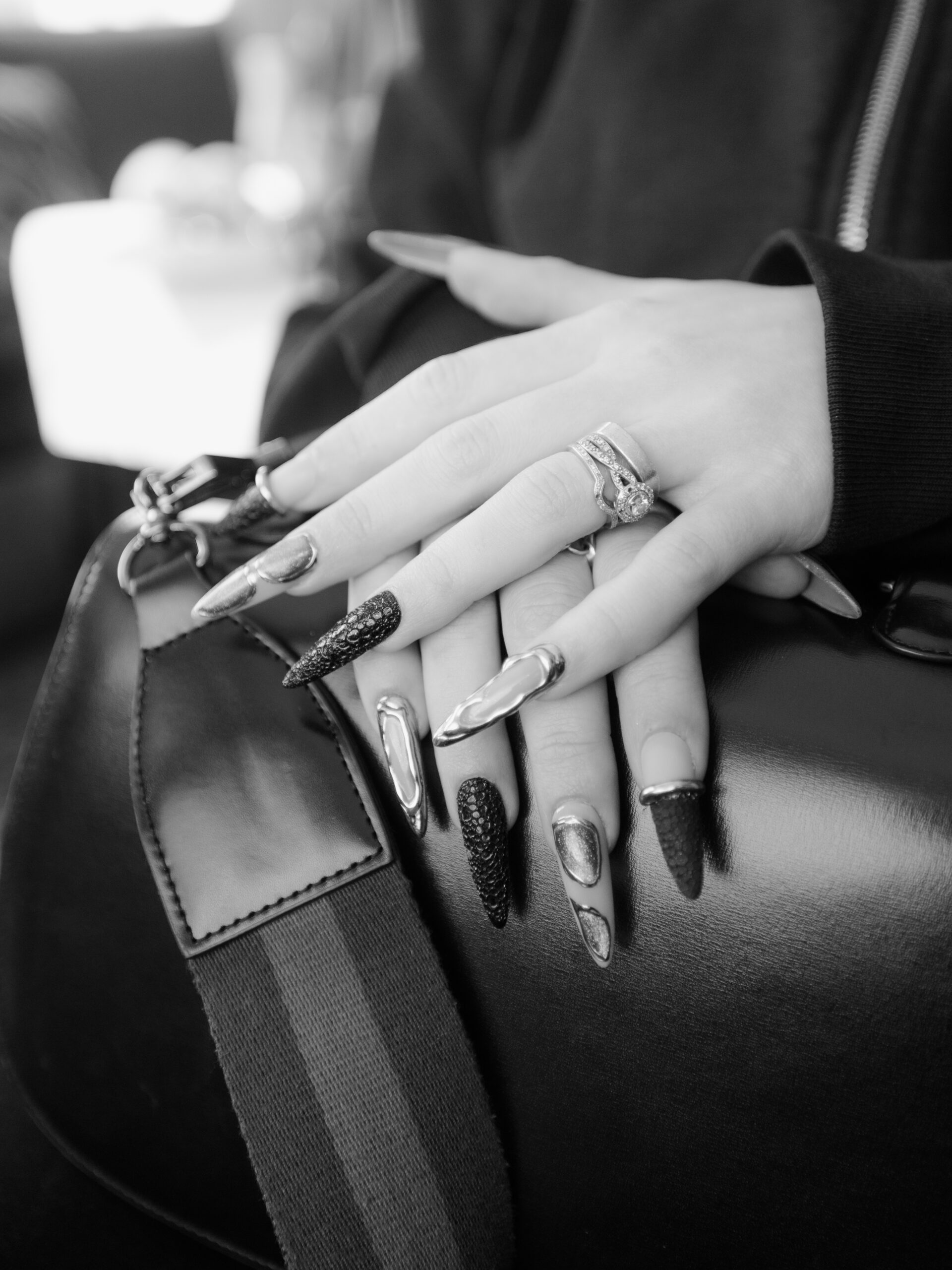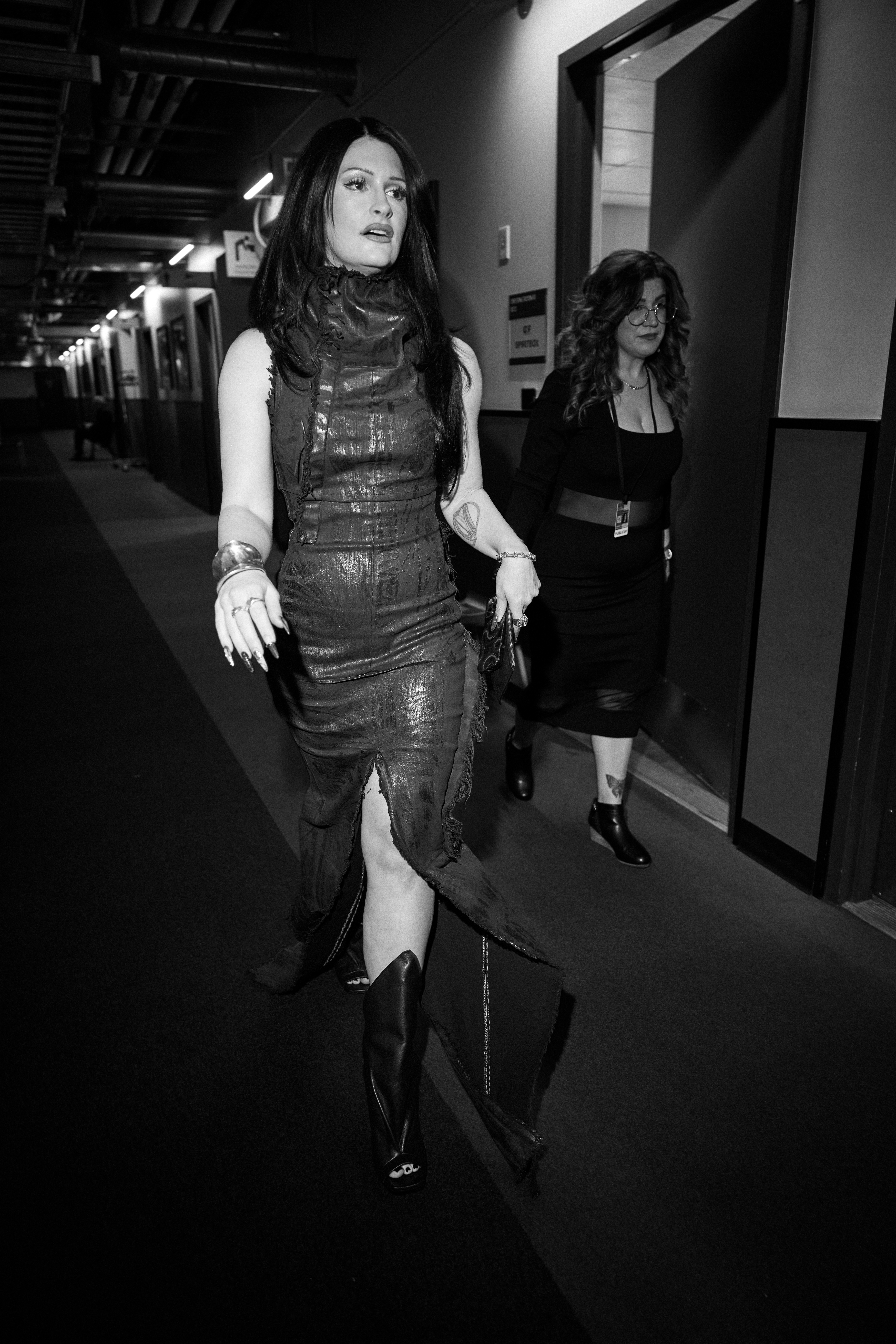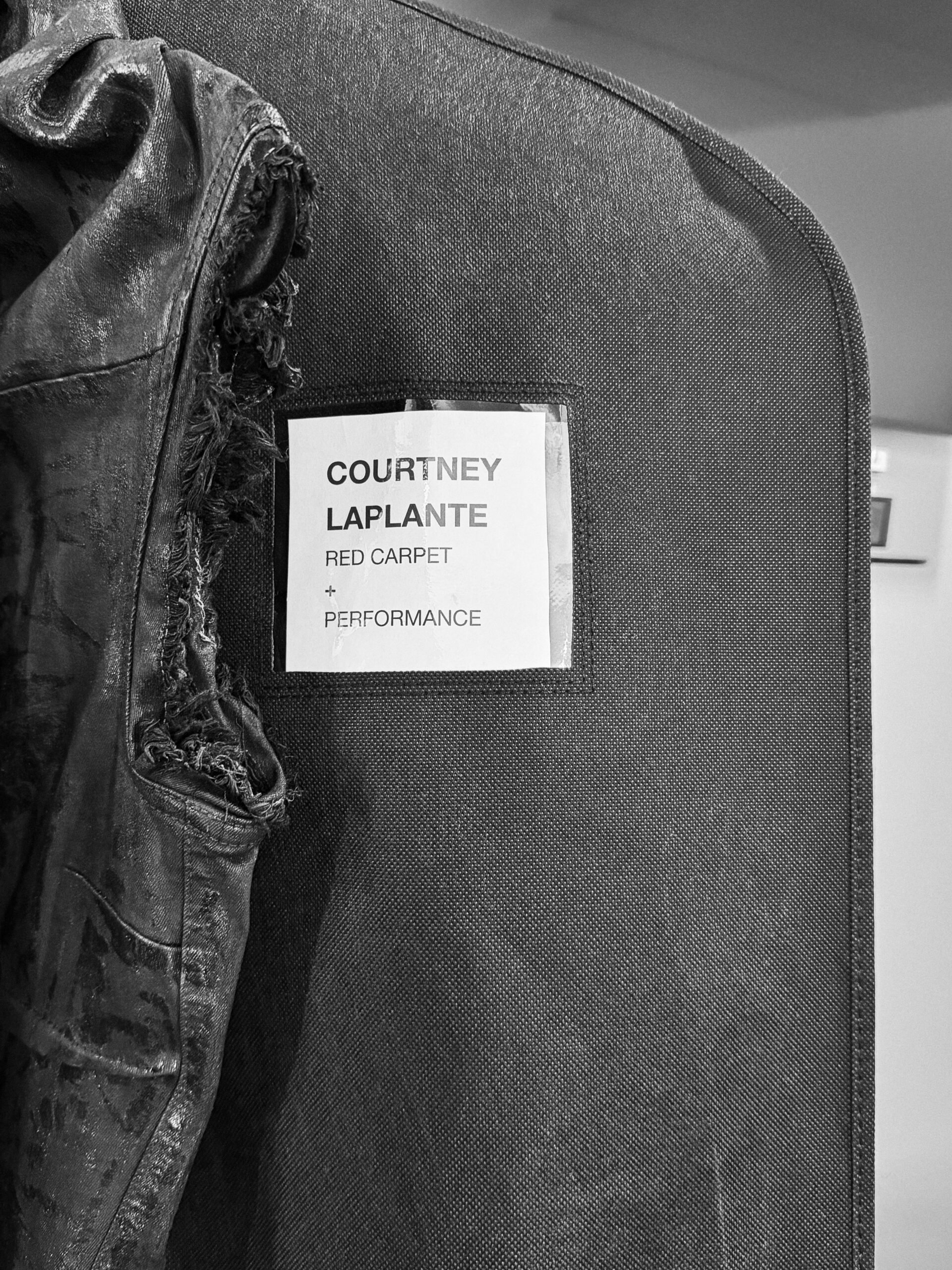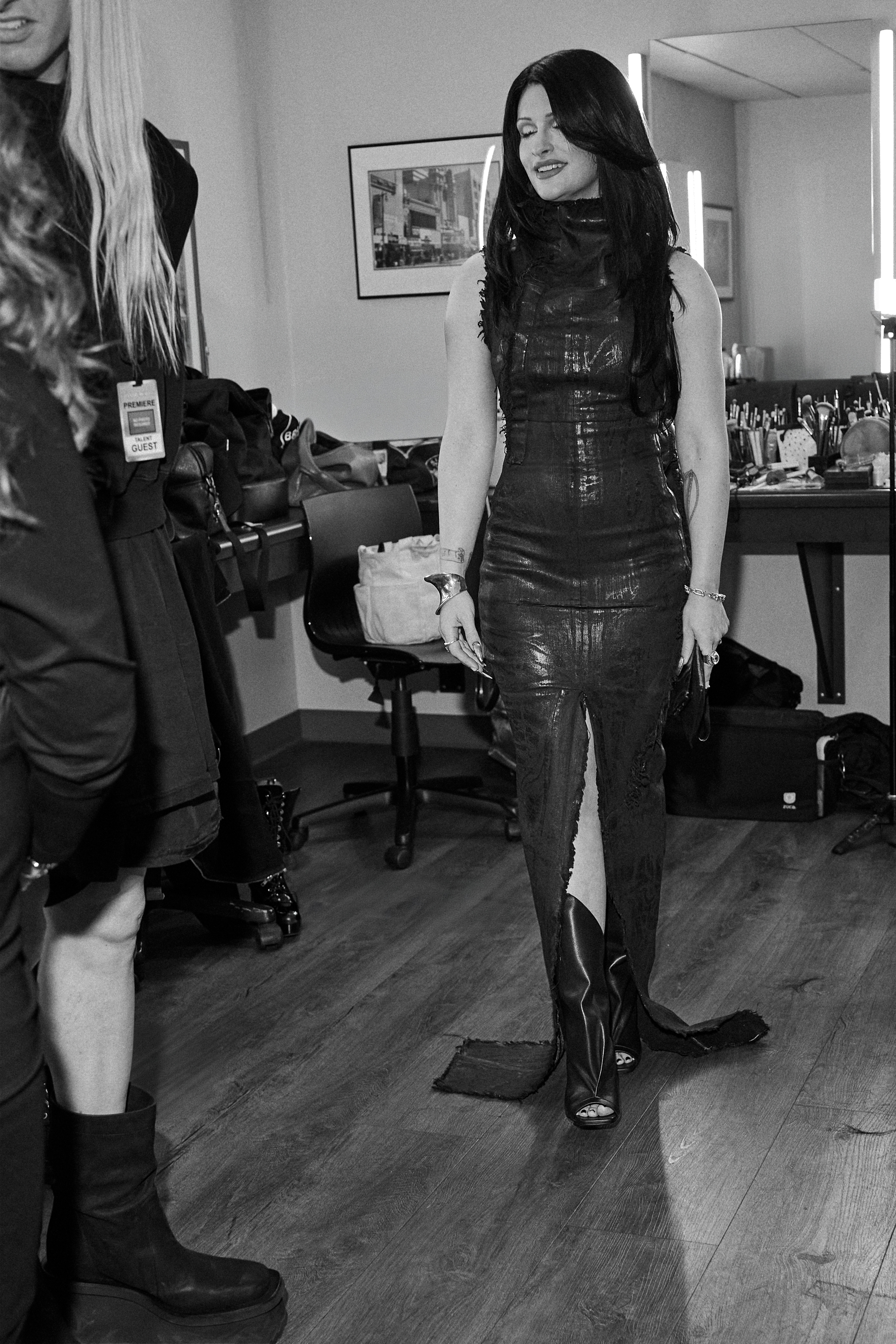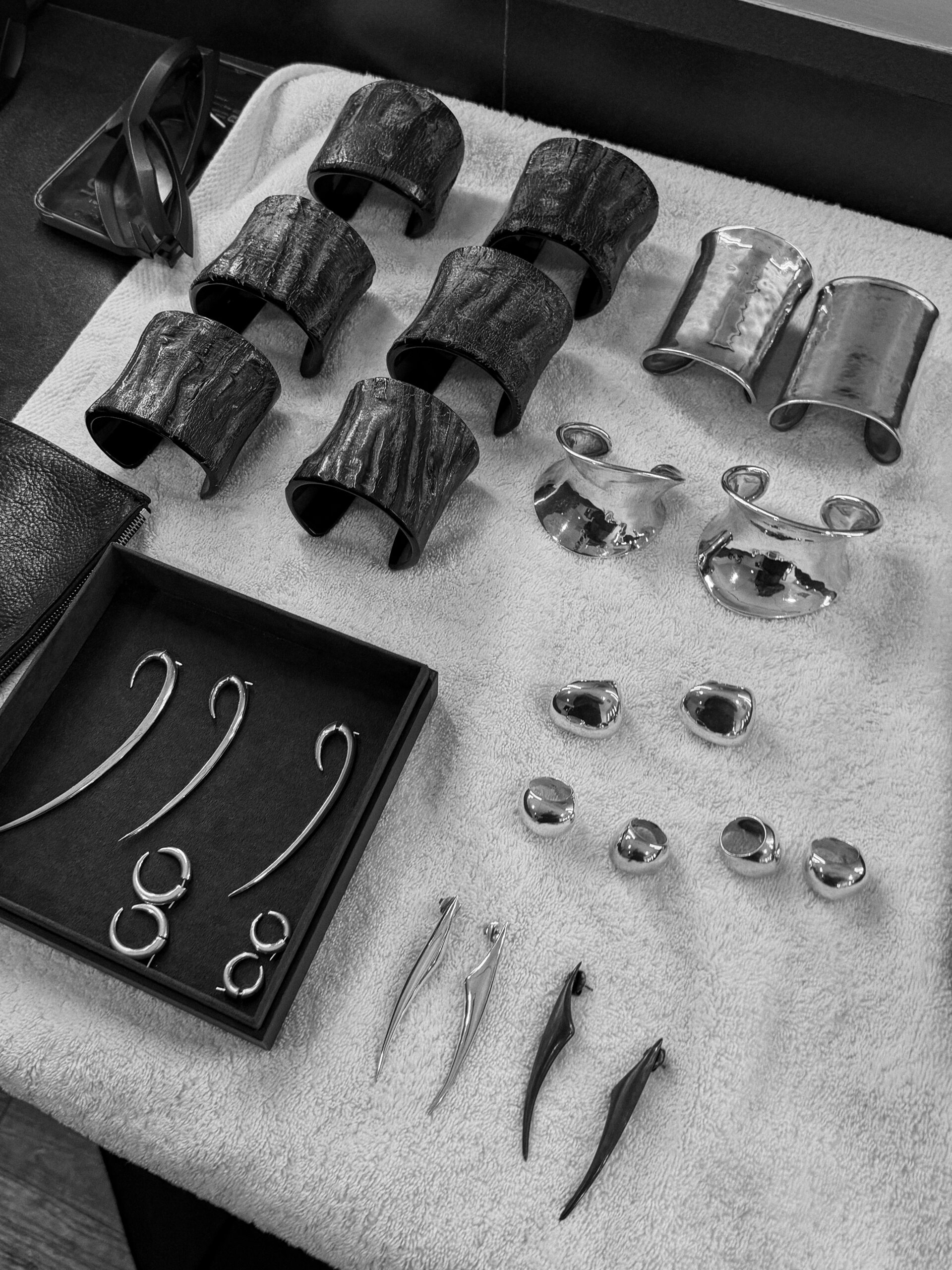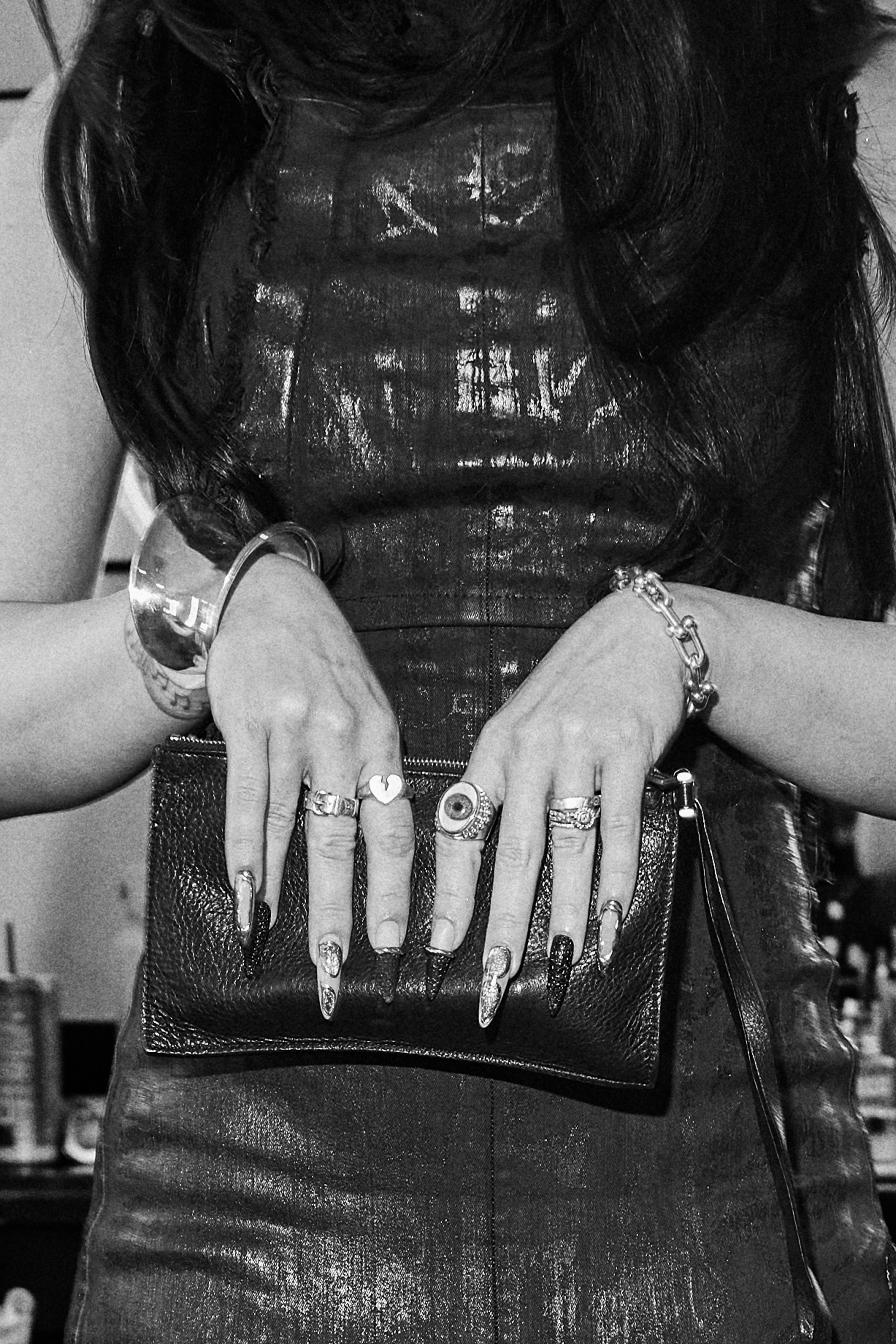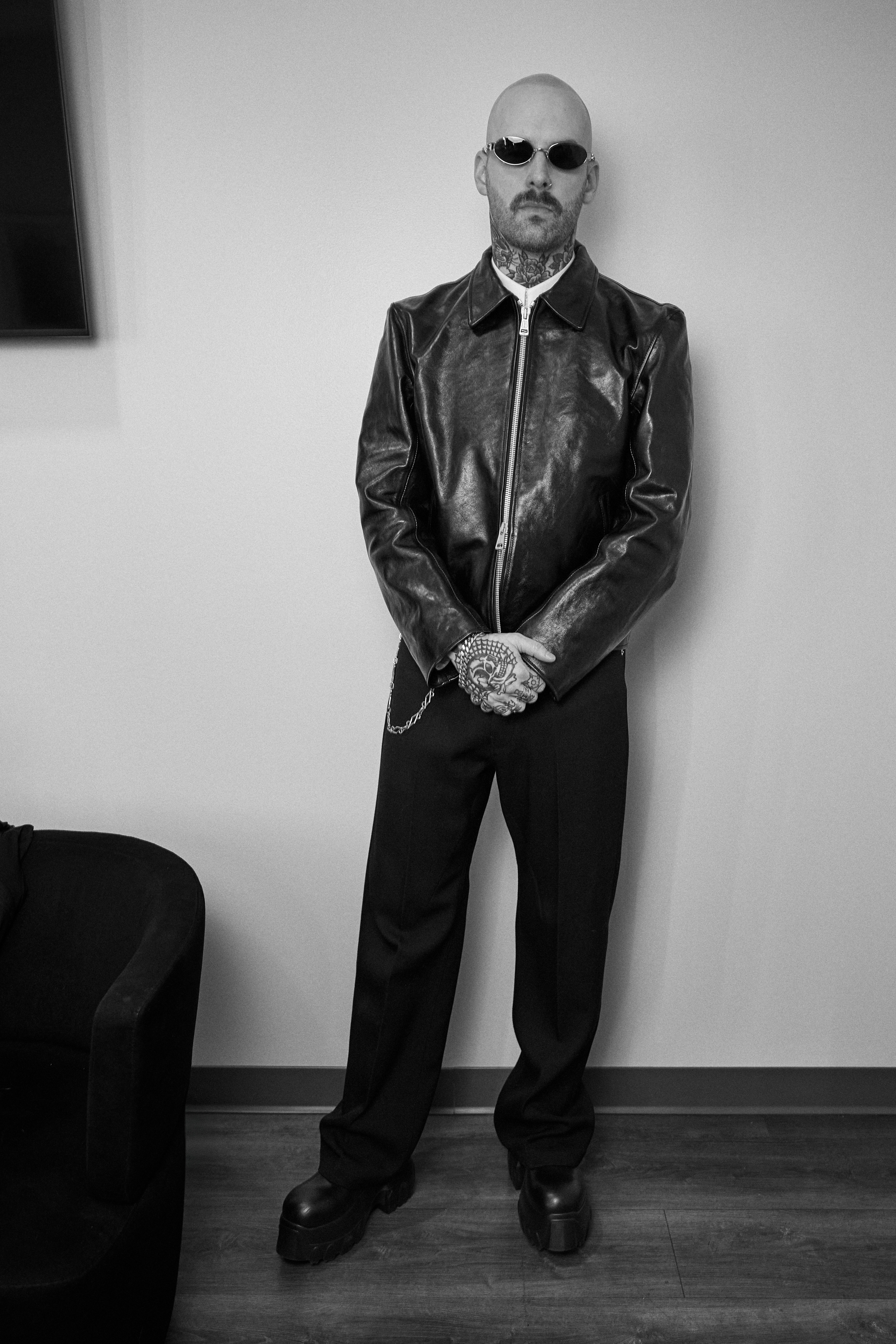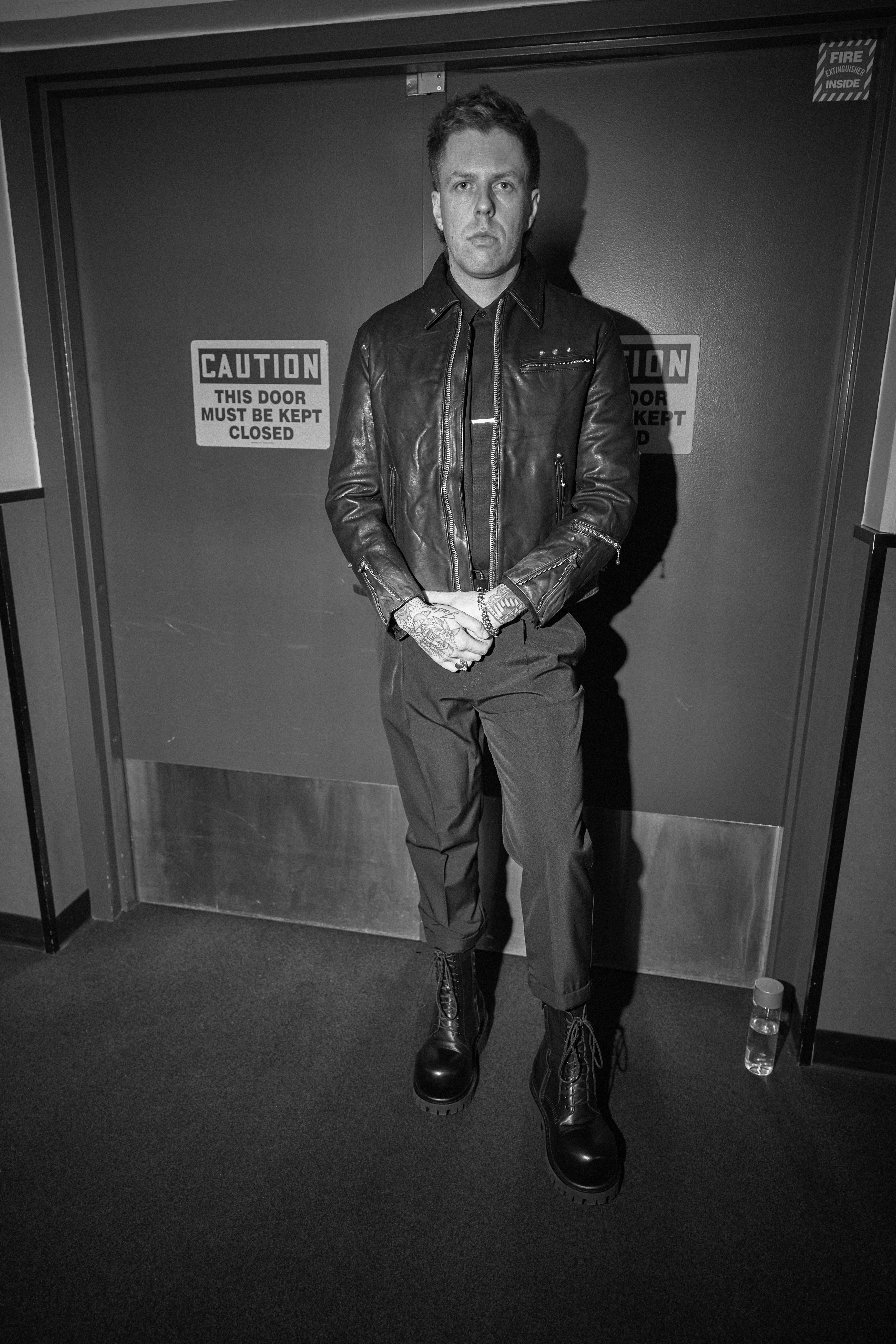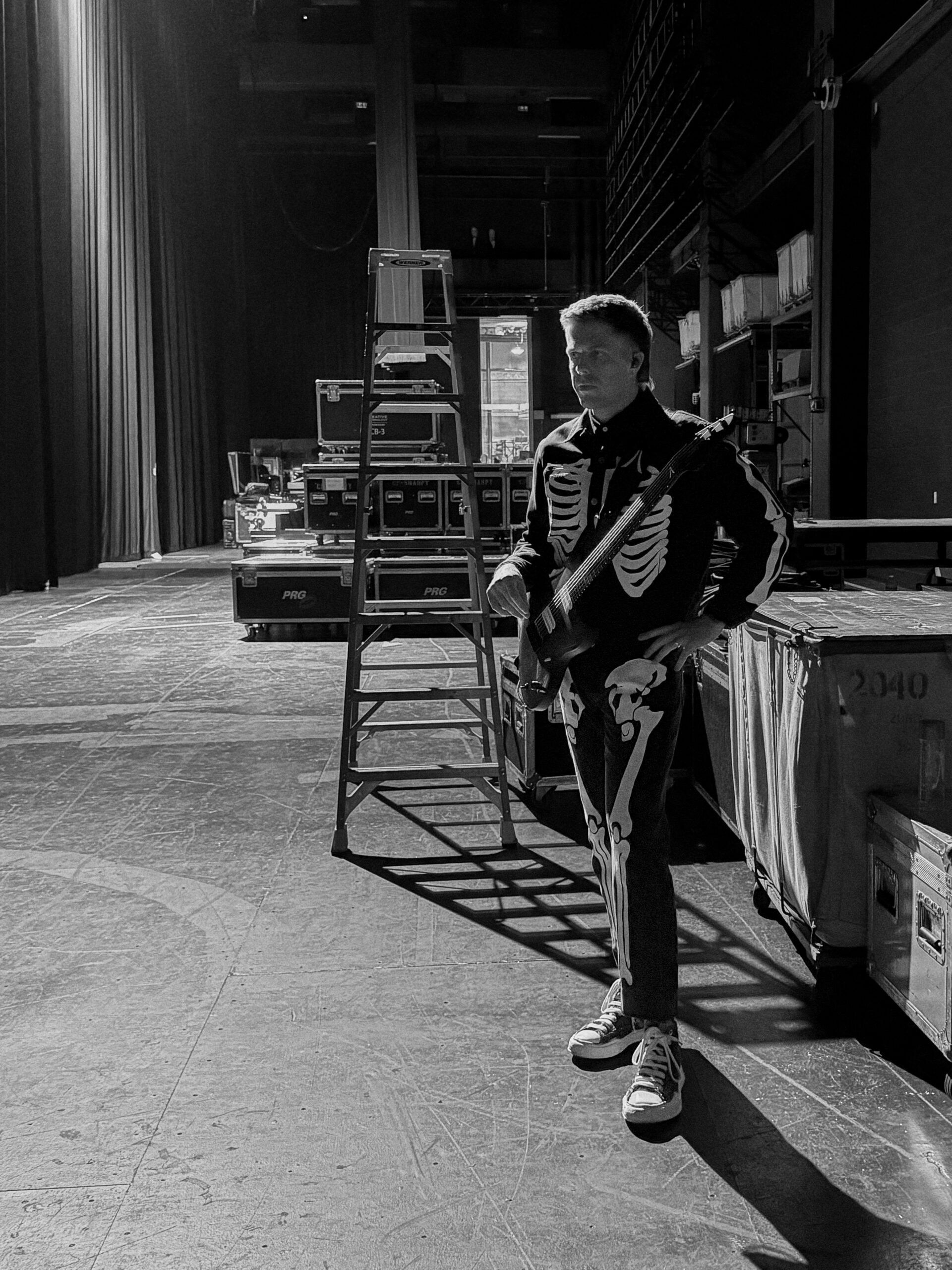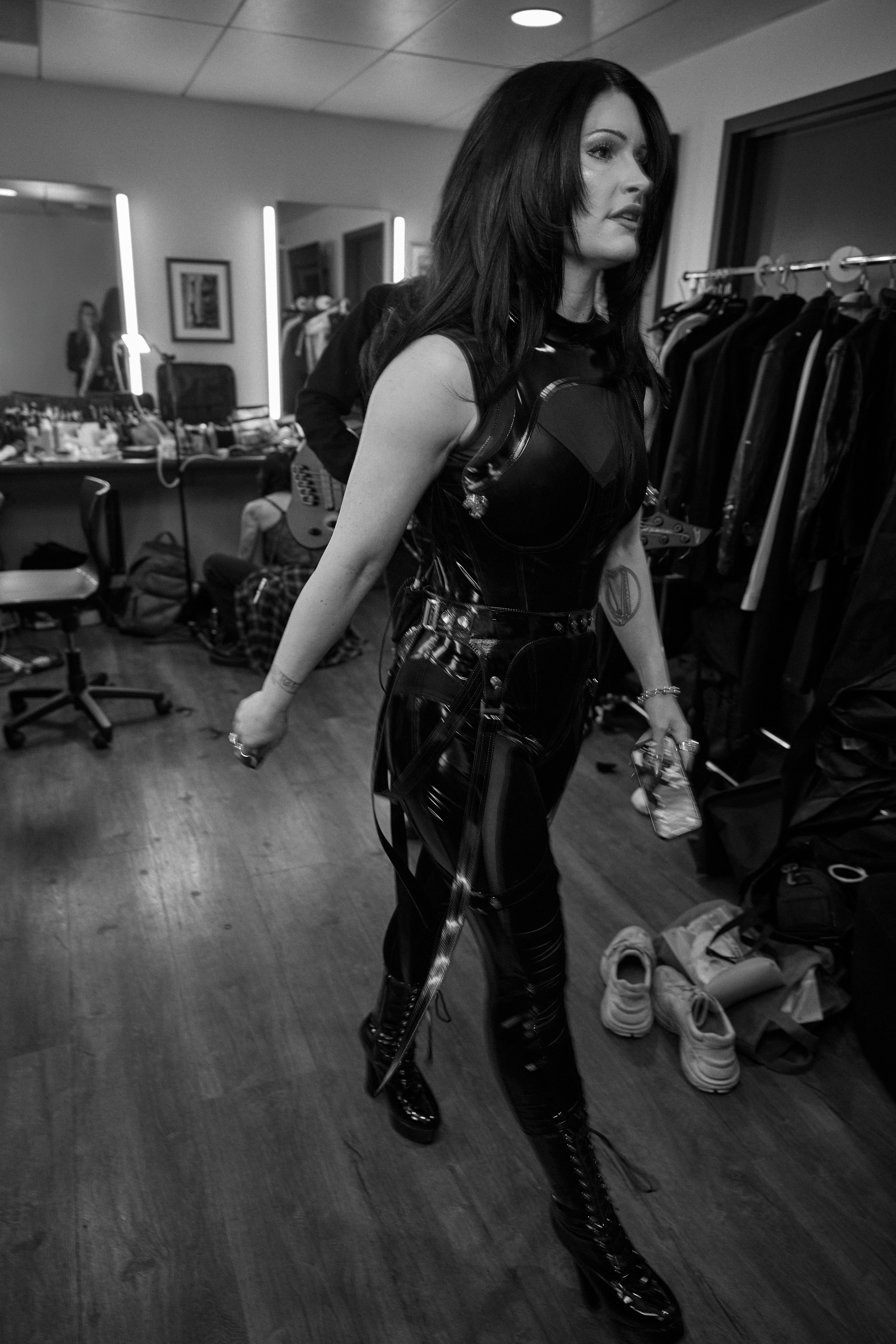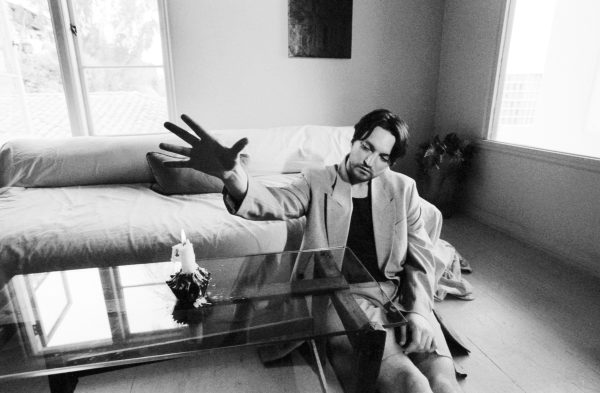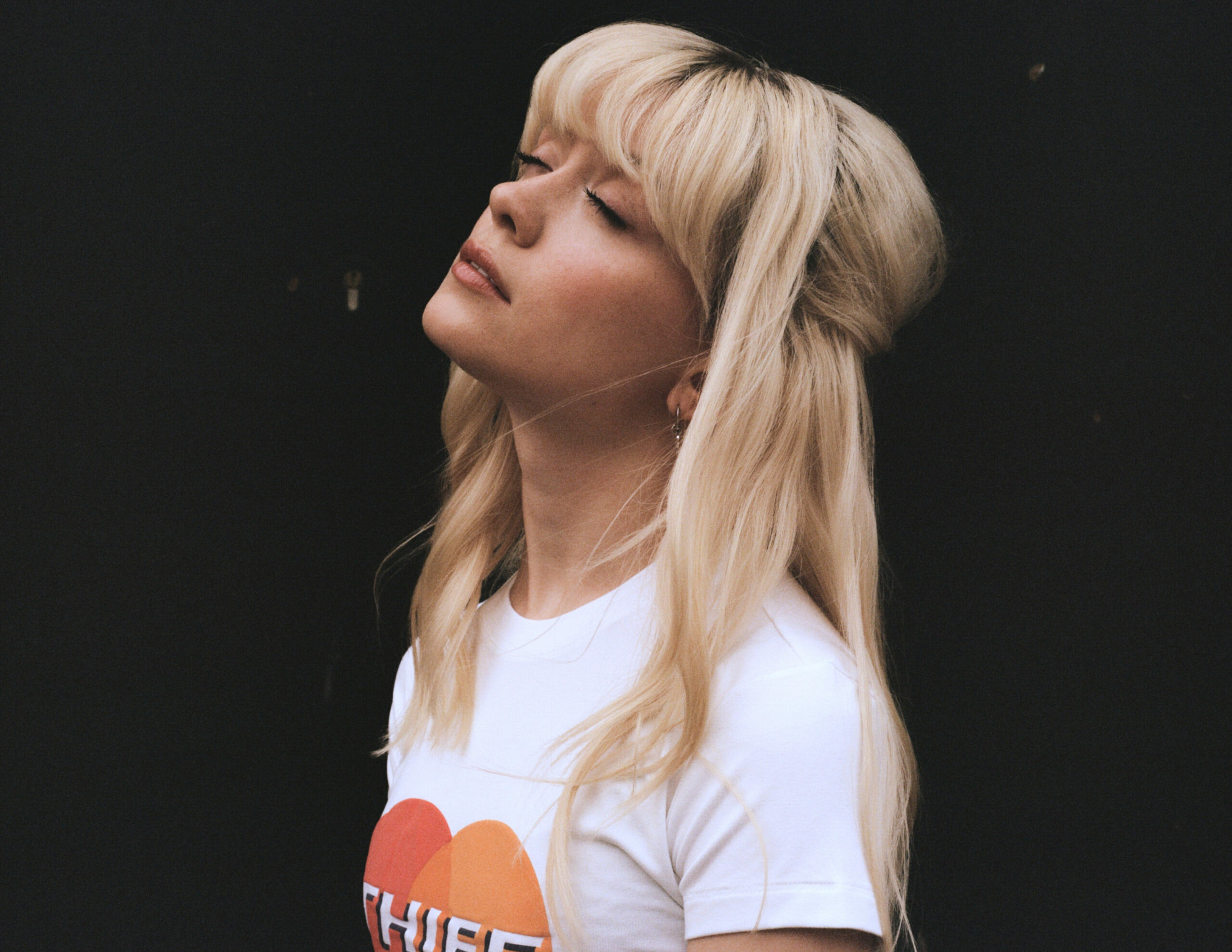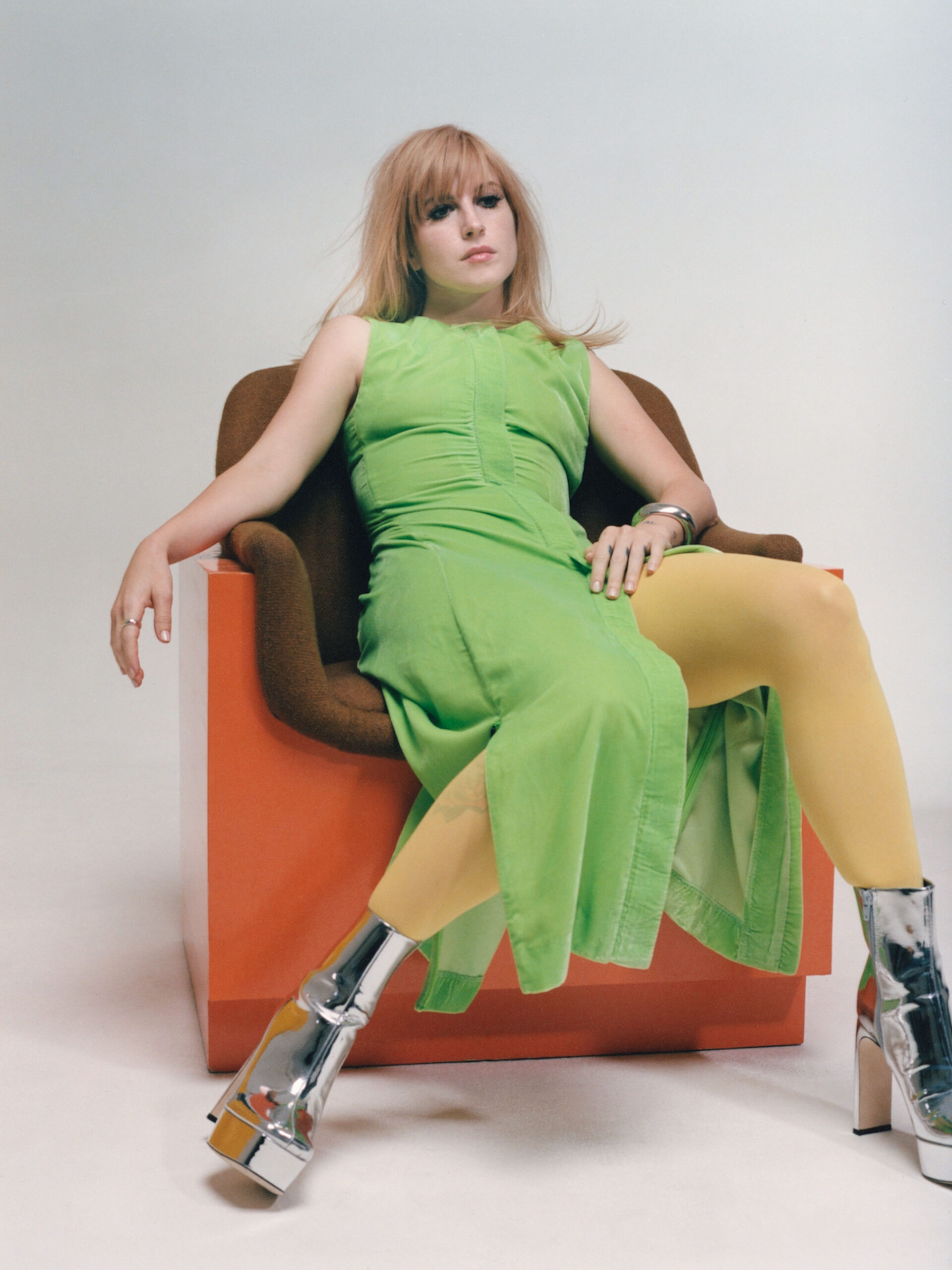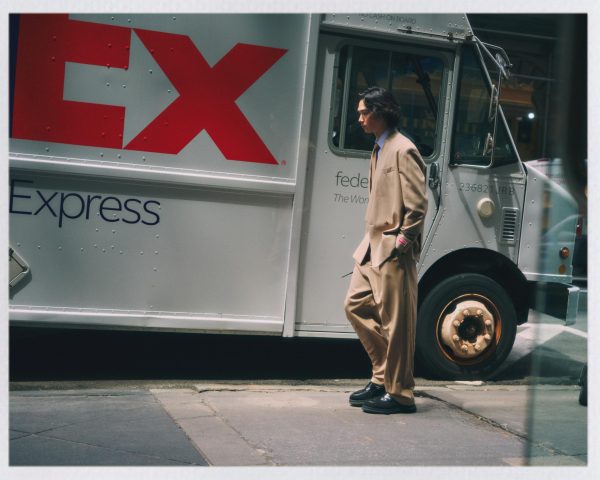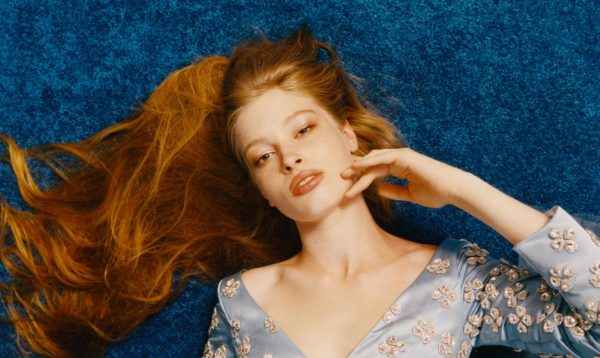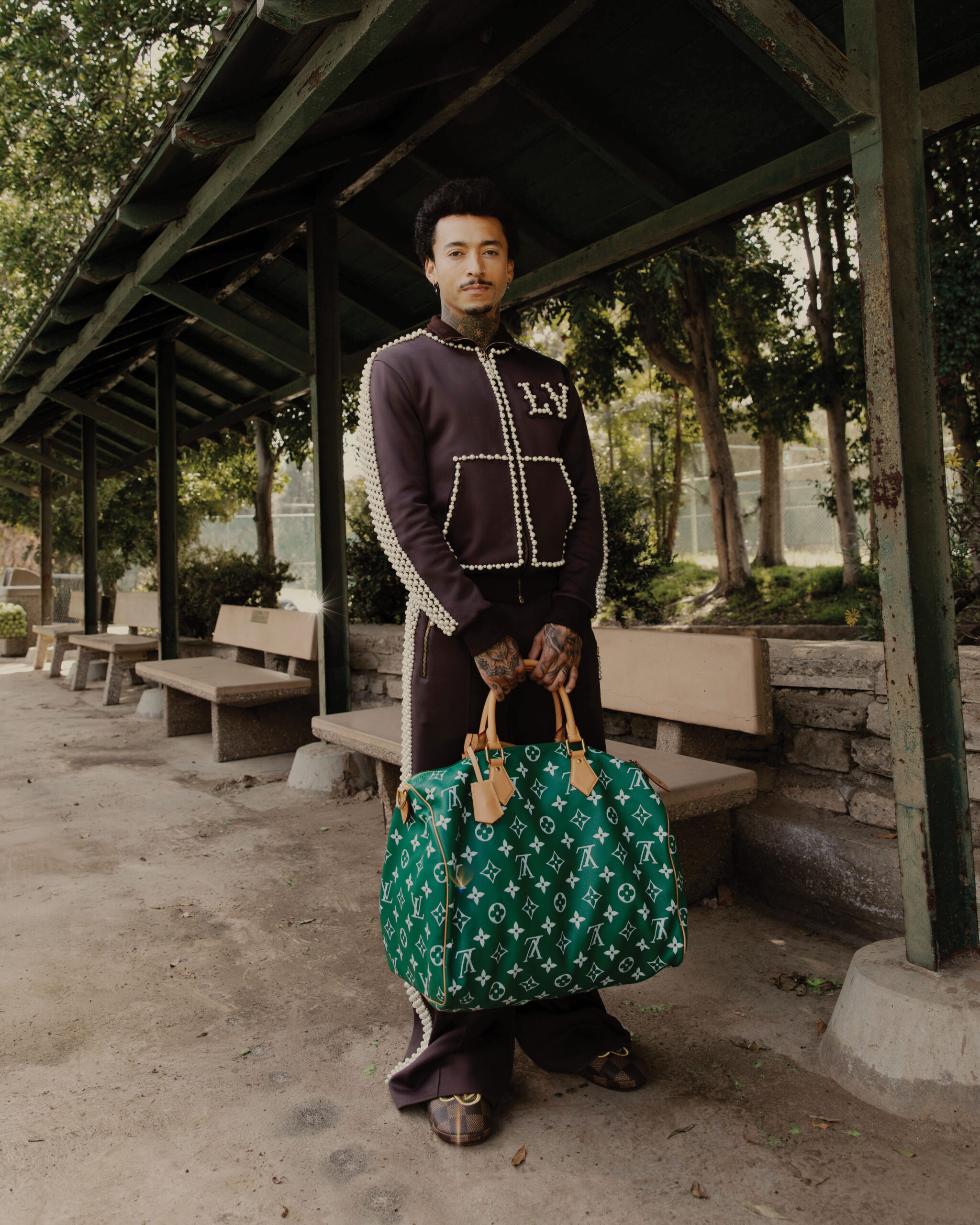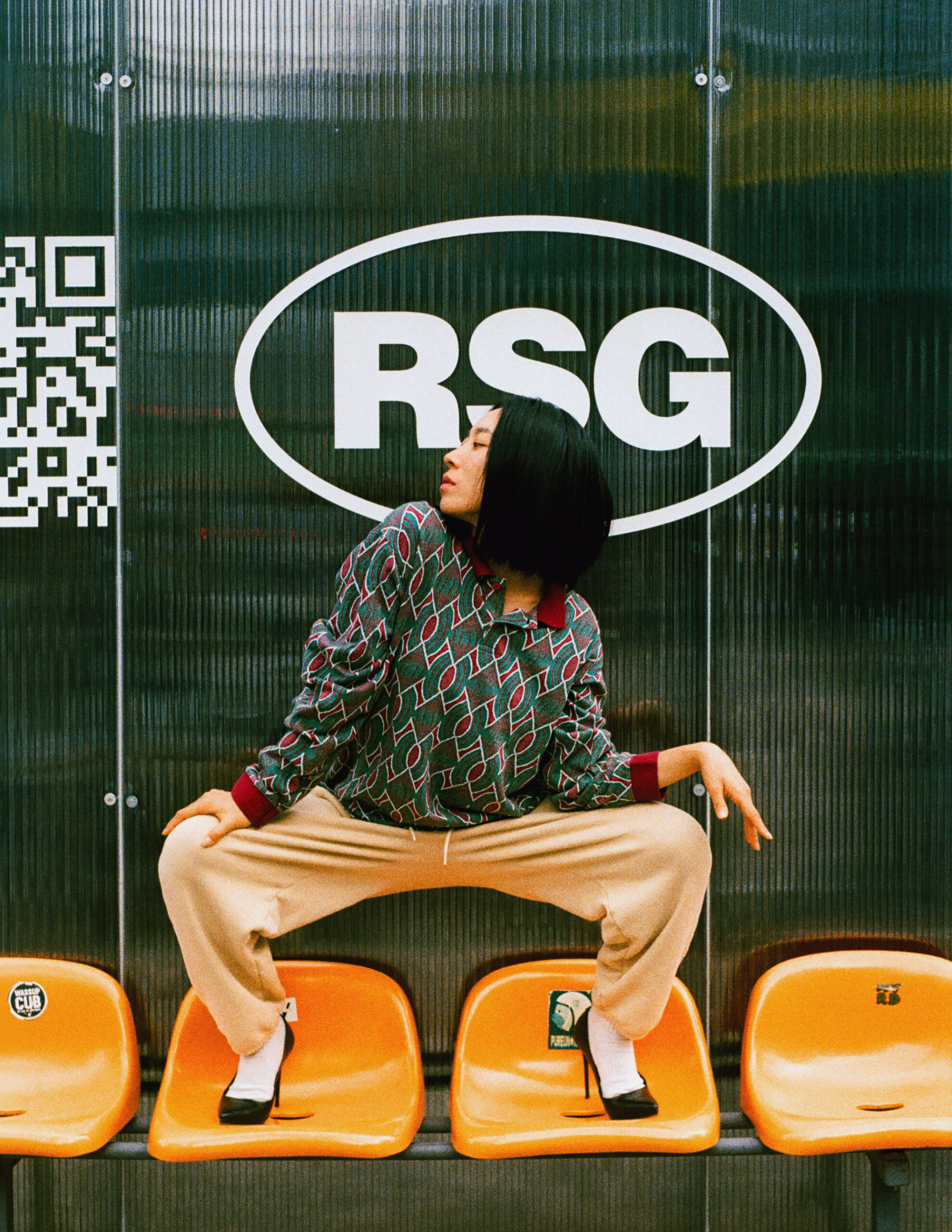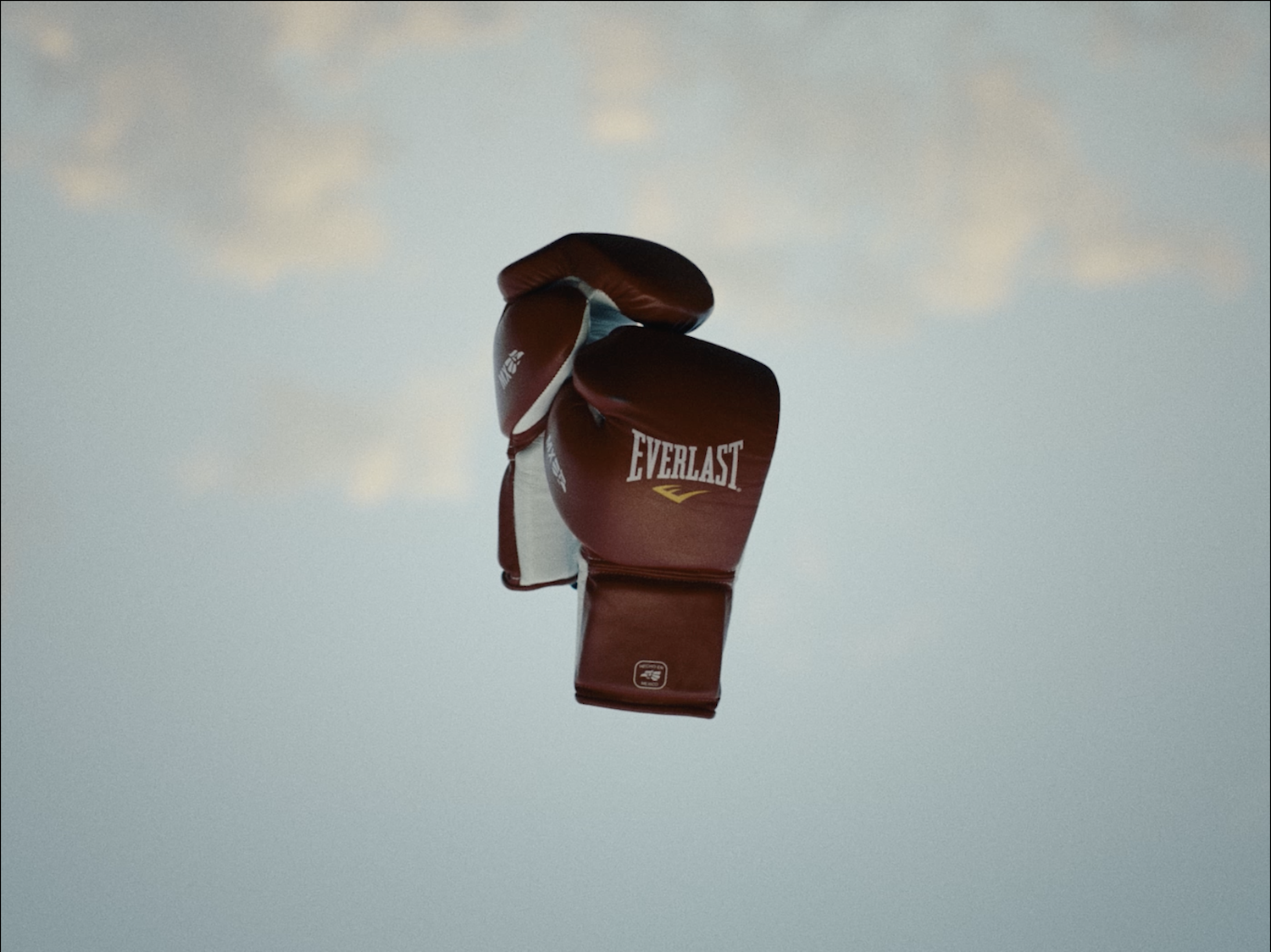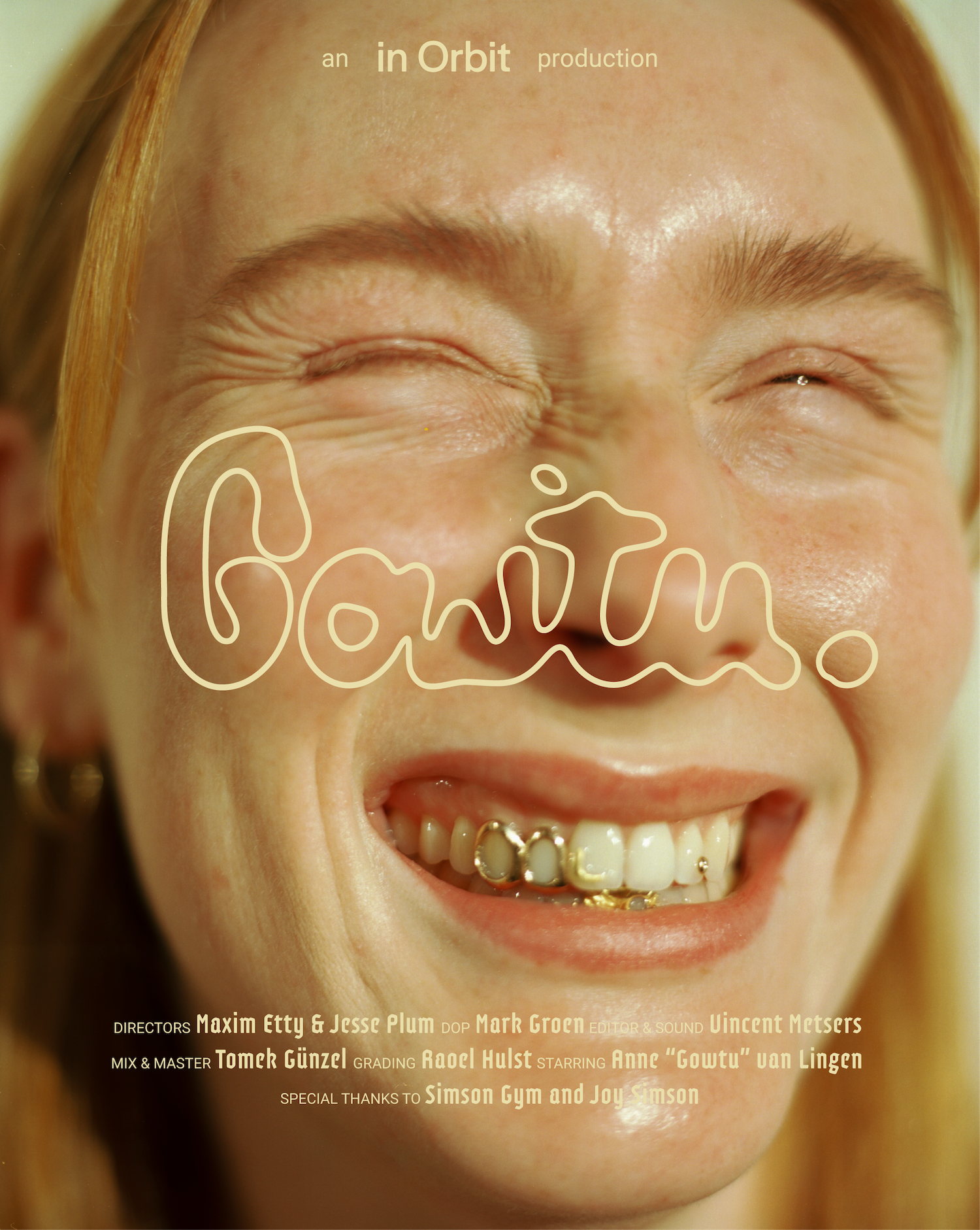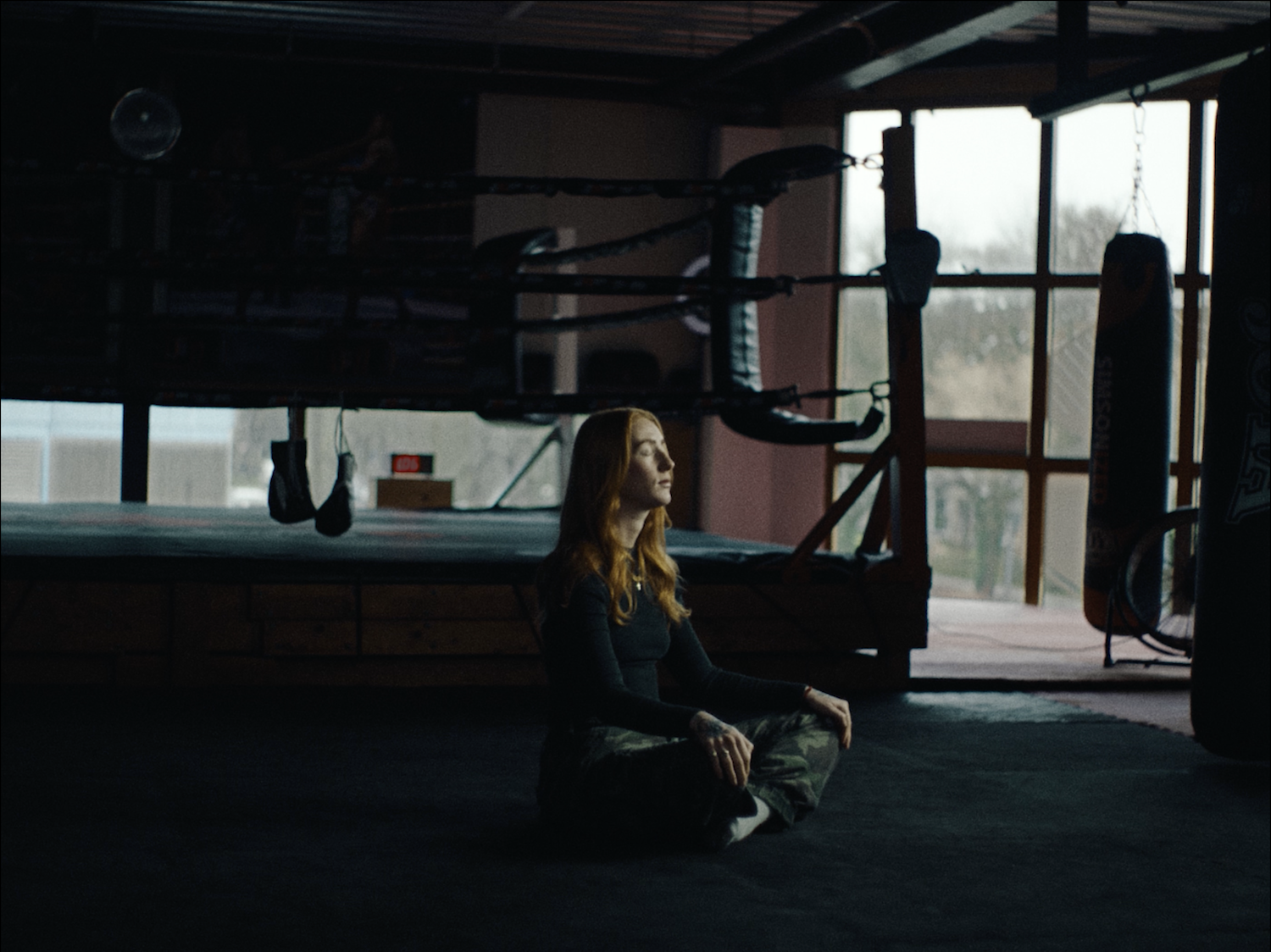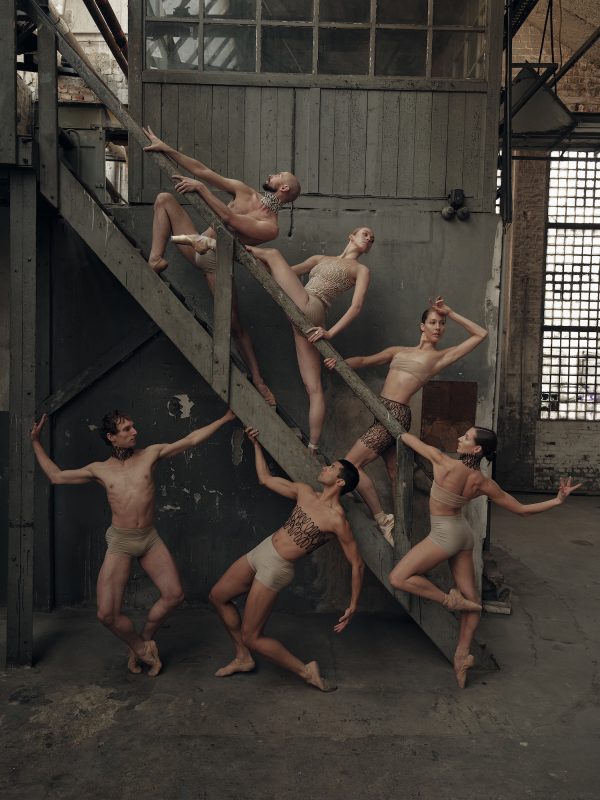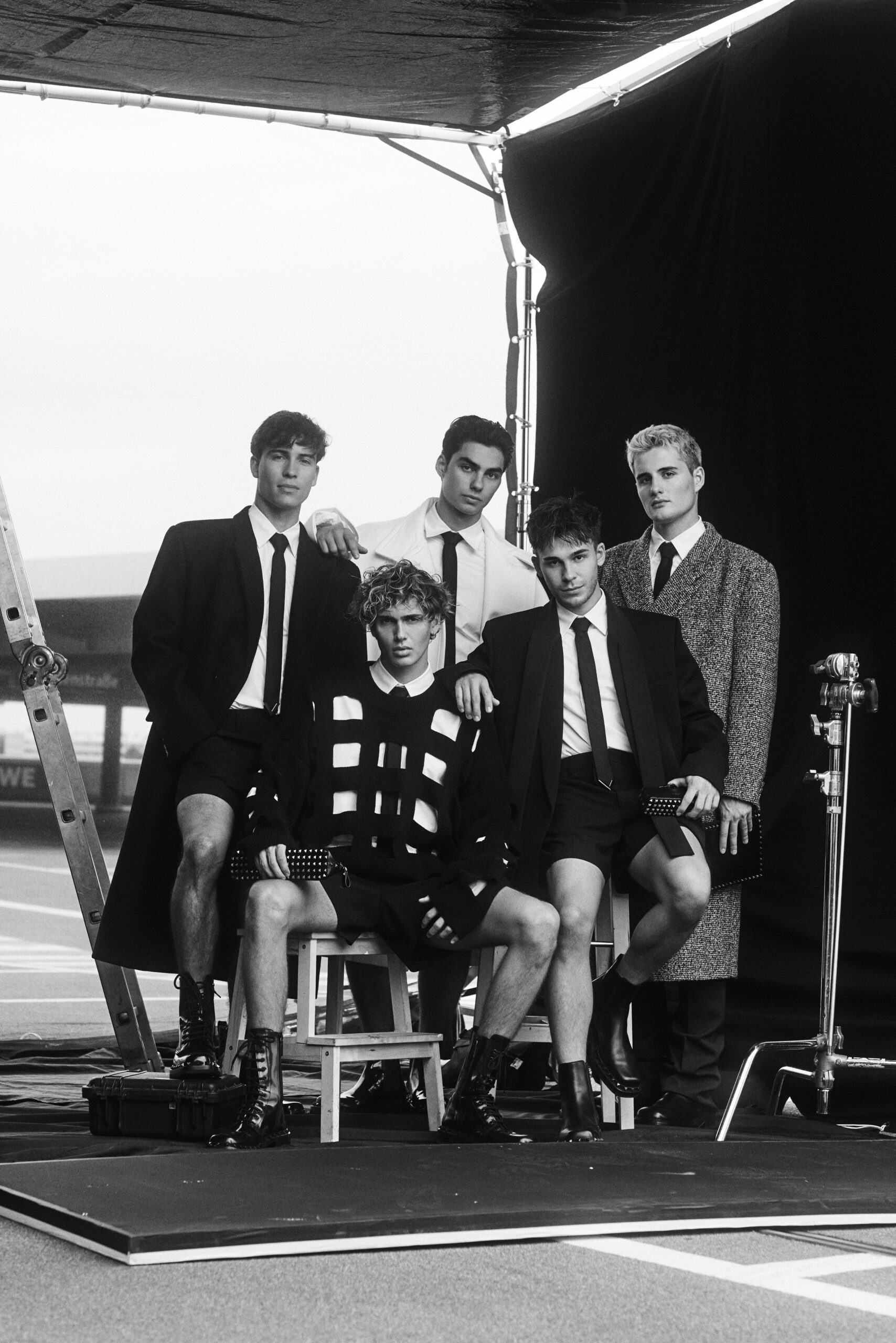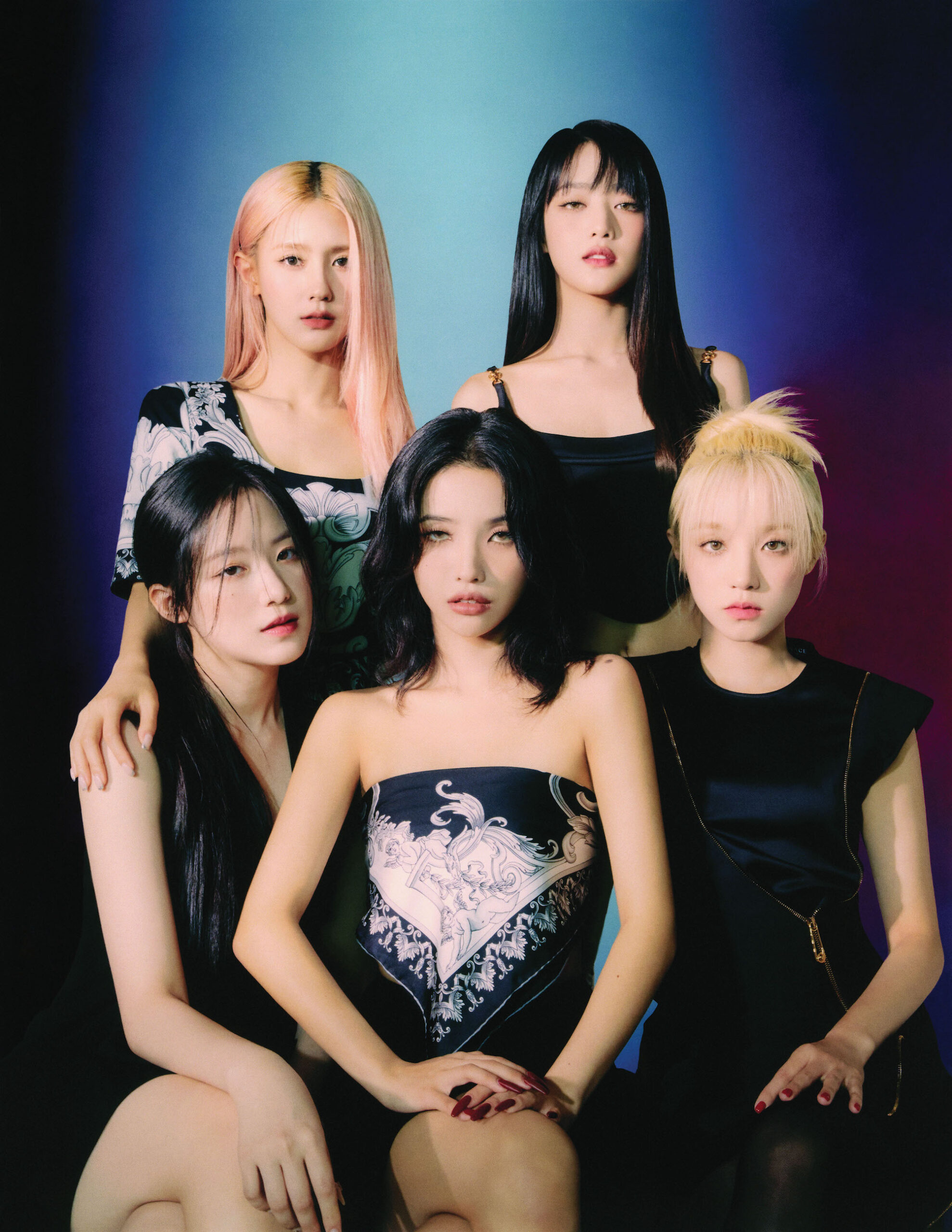When creating music, compromising is not an option for Berlin singer and rapper Adesse. After releasing two acclaimed records — 2016’s ‘Fechnerstraße’ and 2019’s ‘Berlin Dakar’ — something shifted within the artist. Rather than jeopardising the integrity and authenticity behind his music, Adesse chose to step away from his major record label and focus on making the music that he feels is the best representation of who he is as an artist.
This decision has seen the singer reach new heights; in 2020 alone, Adesse has released three singles — ‘Kim K,’ ‘Wenn der Sommer kommt,’ and ‘Goodbyes,’ — all of which show a shift in the artist’s discography. By giving himself and his collaborators the space to let the music flow, it sounds as if Adesse threw away all of his inhibitions to make something that is completely himself — music that feels uncompromised and genuine.
Schön! spoke with Adesse about his creative process, what it felt like to step away from his major label and how his roots in Berlin & Africa have influenced his music.
At one point, you were deciding whether to pursue music or football as a career. What was it about music that made you want to follow that path?
It was a heartfelt decision that I just followed. I was good at playing soccer, but I loved music! It wasn’t difficult for me to make the decision. I knew where I belonged.
You released your sophomore record last year. How would you say you’ve grown as an artist since that release?
I think a lot of people who know me from back then have noticed that I’ve changed a lot. I broke away from the old construct where I was just signed as an artist at a major label and founded my own label. That gave me all the creative freedom to finally fully express myself. Art must never be a compromise. I am very grateful to be able to make music the way I want now.
You are from Berlin and have African roots. How have both of these places influenced your songwriting and creative process?
I was born and raised in Berlin and also have roots in Guinea-Bissau and a close relationship with Senegal. I grew up partly with African music — Youssou N’Dour, Baaba Maal, etc. — great singers who influenced me a lot. In my song “Dakar”, we used the West African instrument Kora. Everything that I am and have experienced is always somehow carried over into my lyrics and music.
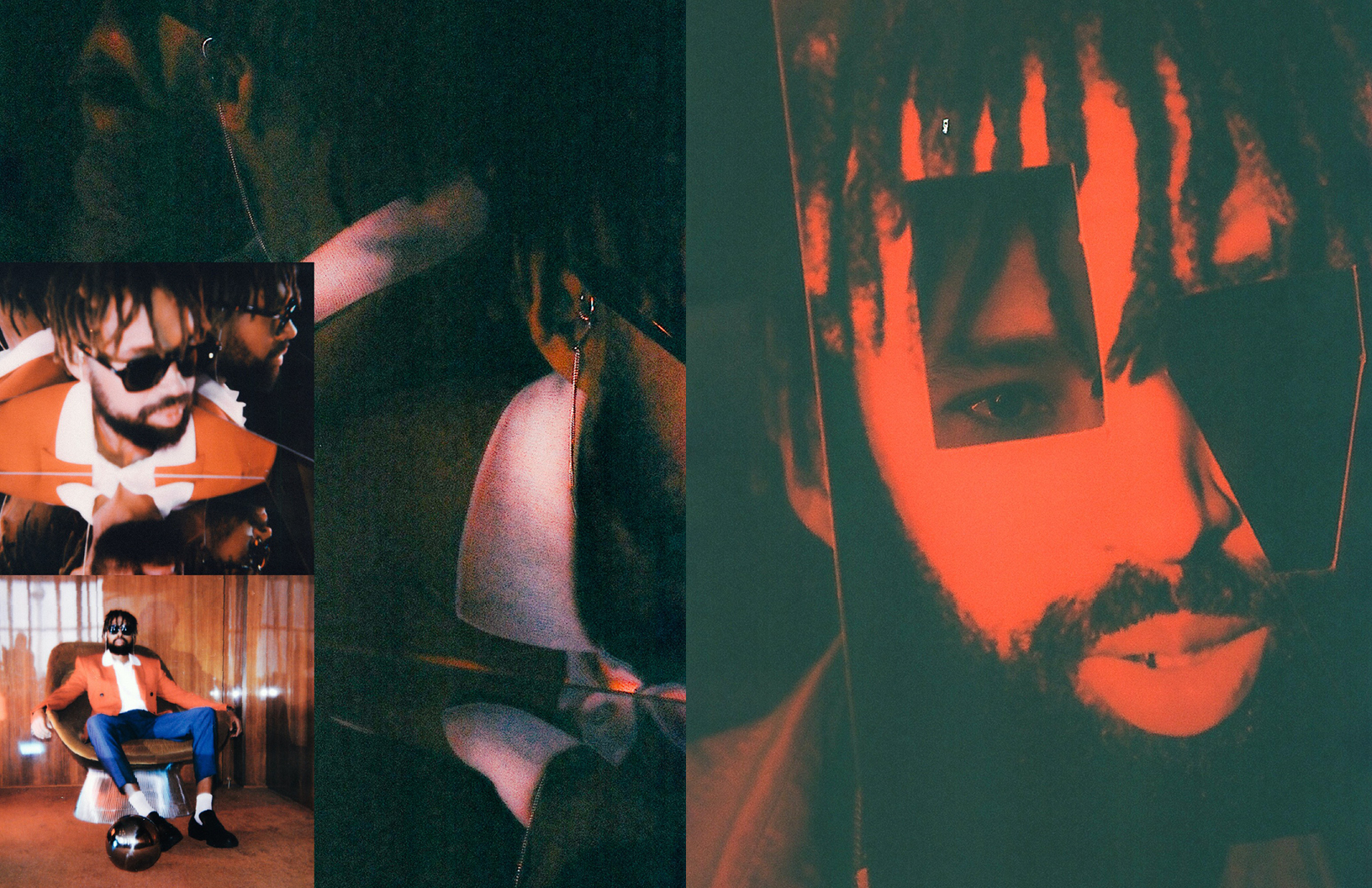
jacket. Berluti
shirt. Lacoste
trousers. Patrick Hellman
sunglasses. Barton Perreira
ring. Mies Nobis
ring, glasses + chain. MIGLĖ
socks. Samsøe Samsøe
shoes. Trippen
opposite
jacket. Humana
turtleneck. Berluti
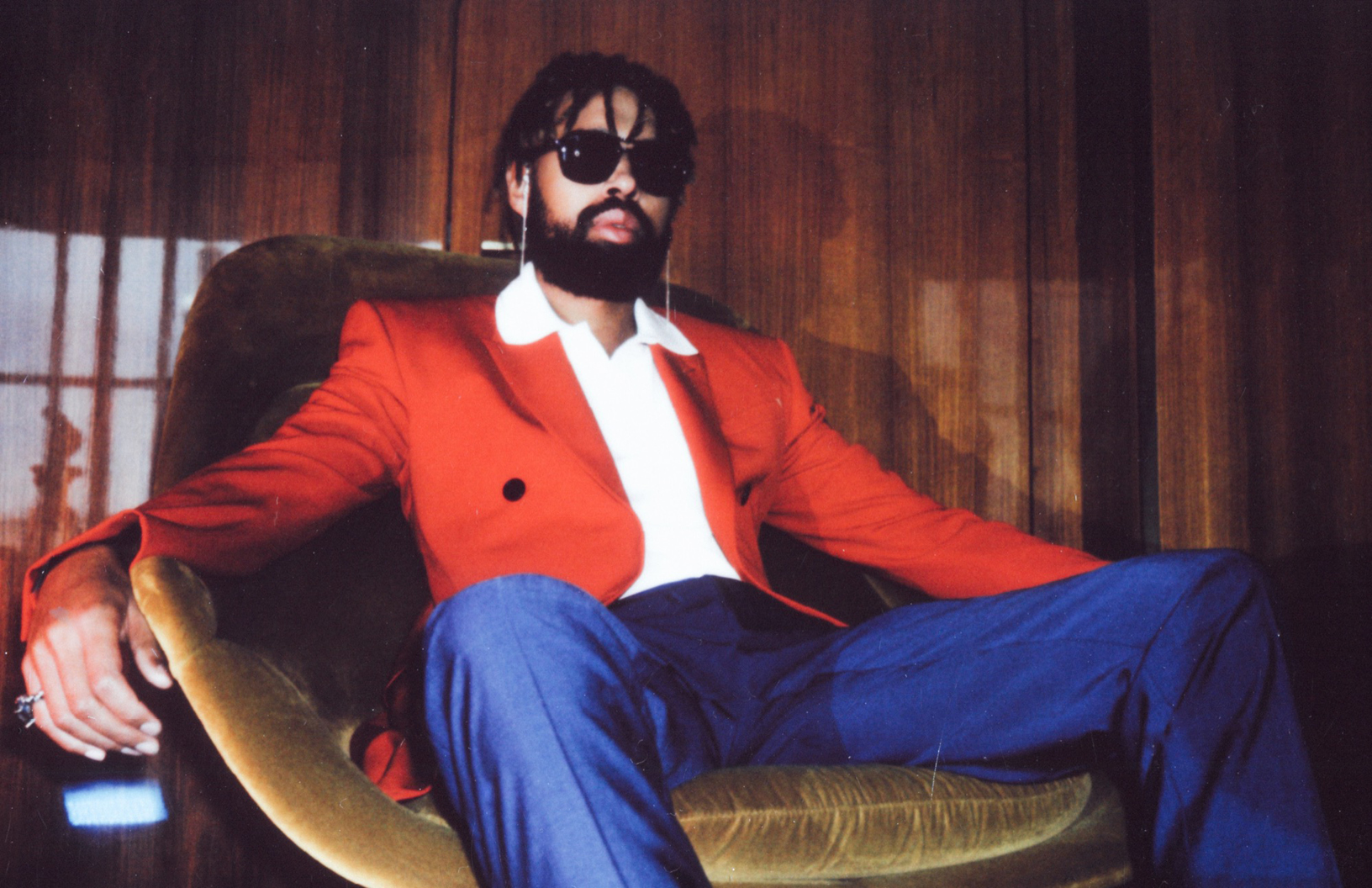
jacket. Berluti
shirt. Lacoste
trousers. Patrick Hellman
sunglasses. Barton Perreira
ring. Mies Nobis
ring, glasses + chain. MIGLĖ
socks. Samsøe Samsøe
You’ve been working closely with Dennis Neuer — what is your collaboration process like?
We do a lot according to our intuition and gut feeling and rather let ourselves drift. It’s like a flow. We always make melodies first before I sit down to write the lyrics. We never know beforehand what will happen and just start to do it. Sometimes it’s an old synth, sometimes the piano, a guitar or on the kitchen table on which we start drumming, and that is what emerges step by step. Sounds, melodies, ideas and, in the end, songs.
Since the release of “Berlin Dakar”, you’ve been leaning into your own artistic expression rather than relying on the stability that comes from major record deals. What has that experience been like for you as an artist?
It was an incredibly liberating experience for me. More responsibility means more freedom. In this state, approaching music with an open mind and being able to implement your own vision uncompromisingly means everything to me.
Much like a lot of your influences — from Jay-Z to The Killers — you have an incredible ability to genre-bend. When you’re in the studio, are you trying to stay within one genre or sound? Or are you open to exploring other sounds and genres that people wouldn’t expect?
I never consciously try to give myself a framework when making music. “Kim K.” is a track that mainly consists of trap drums — [a] dark mood that can be played in clubs very well. For you guys we have made a video where I perform Goodbyes on a Fender electric guitar, almost a bit in the 70’s style. There is no box in which you can put me. It has to feel authentic and good. Then anything is possible. I can also imagine doing music in English.
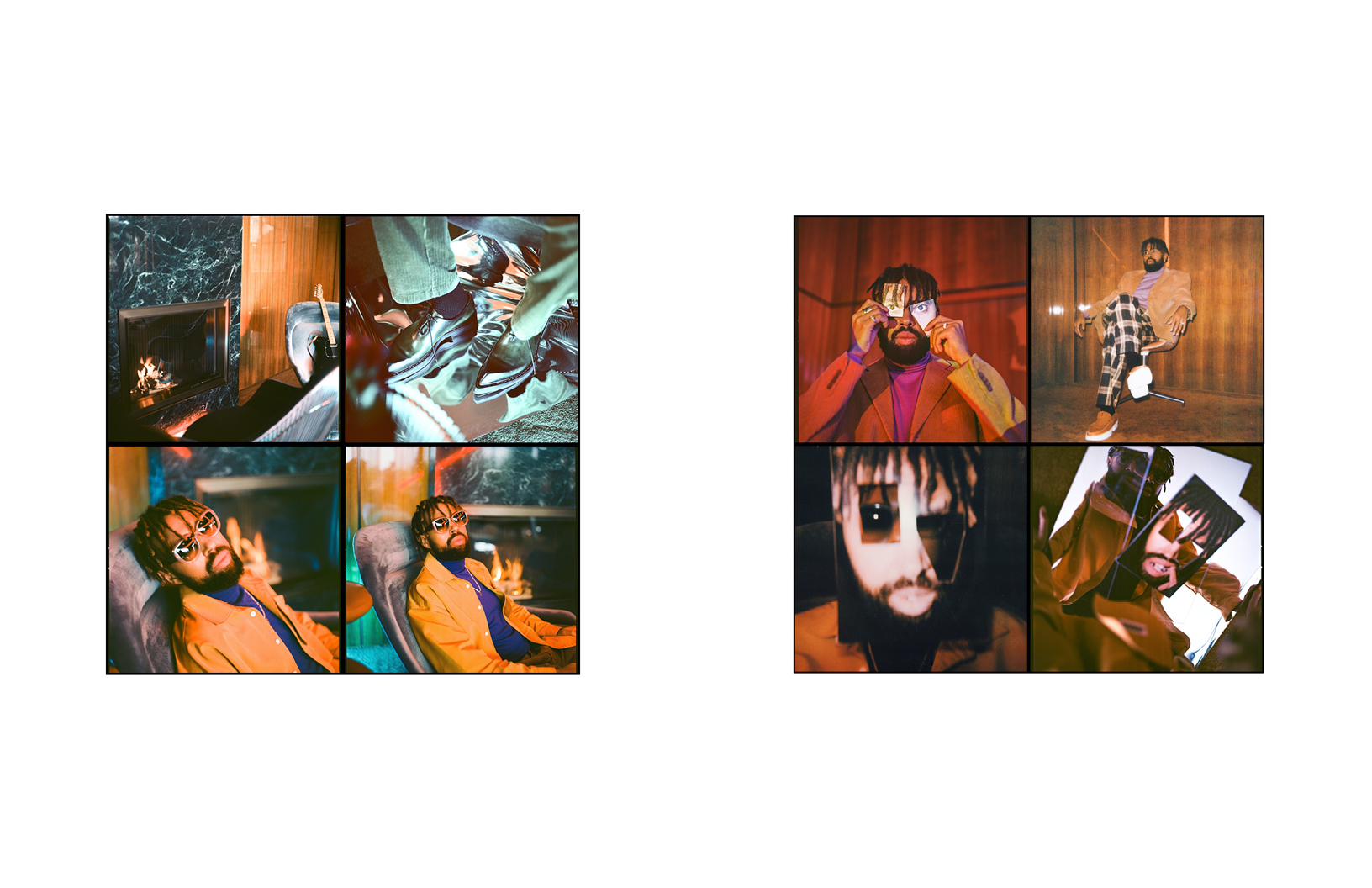
jacket. Humana
turtleneck. Berluti
trousers. Dickies
sunglasses. Barton Perreira
rings + earrings. MIGLĖ
shoes. Trippen
opposite
jacket. Humana
turtleneck. Berluti
trousers. Dickies
sunglasses. Barton Perreira
rings + earrings. MIGLĖ
shoes. Trippen
Your latest single is called “Goodbyes”. It feels like a new chapter for you as a musician. Can you tell us about the inspiration behind the track?
I have the feeling that whenever I and other people develop really real feelings, they run away. They are afraid of losing their autonomy as a human. The goodbyes then usually go rather poorly or do not even take place. I personally regret that. I tried to capture this feeling.
What was the biggest difference between writing and recording “Goodbyes” and your previous records?
There wasn’t a big difference, because a lot is created intuitively in kind of a flow. The first recorded takes are often the final ones. In the end, the final version always ends up with a lot of recordings from the session in which the track was created.
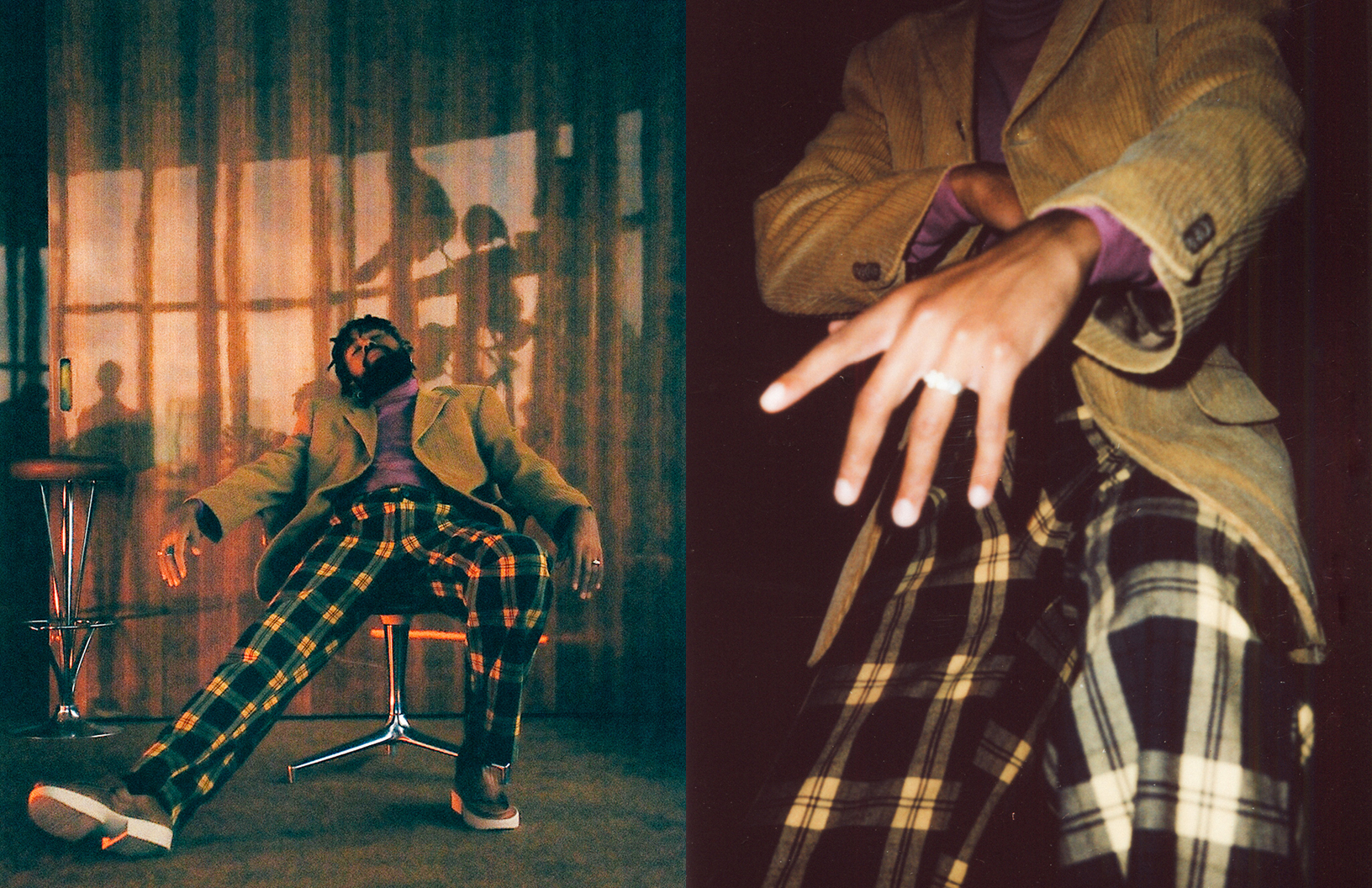
jacket. Humana
turtleneck. Berluti
trousers. Dickies
sunglasses. Barton Perreira
rings + earrings. MIGLĖ
shoes. Trippen
opposite
jacket. Humana
turtleneck. Berluti
trousers. Dickies
rings. MIGLĖ
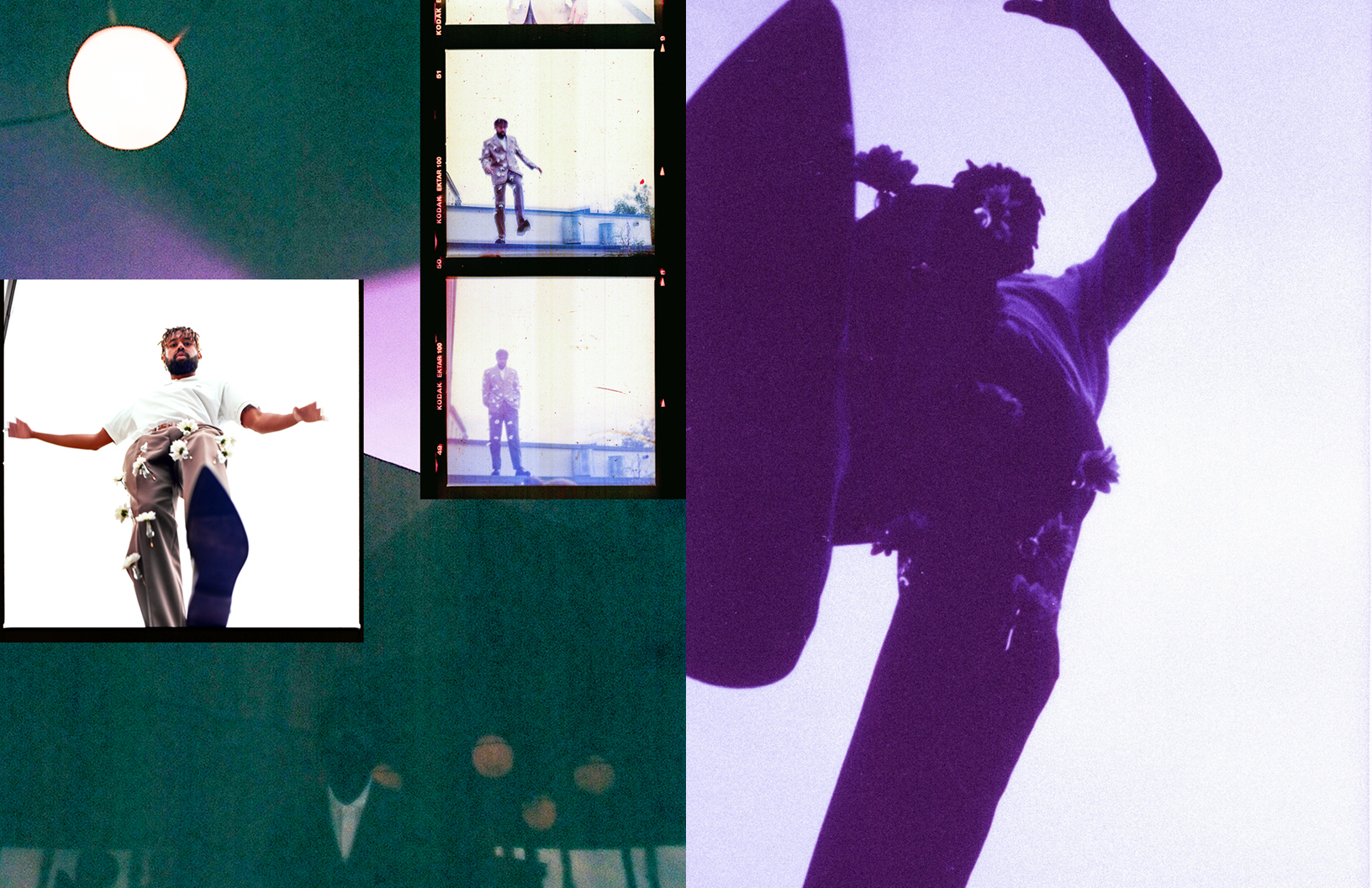
jacket + trousers. Humana
shirt. Lacoste
earrings + ring. MIGLĖ
shoes. Berluti
opposite
jacket + trousers. Humana
shirt. Lacoste
earrings + ring. MIGLĖ
shoes. Berluti
Your motto of ‘flow instead of filling’ is a great take on how music is consumed today. In a world where the industry is so saturated, how do you ensure your music sets itself apart from other songs & artists?
I think because we just don’t look much to the right and left and just do our thing and incorporate everything that defines us as individuals. The result is automatically unique in a certain way. Without evaluating it positively or negatively 🙂
What do you hope listeners feel after listening to one of your songs?
I hope that I will meet people somewhere in their heart, body or soul, and that an echo will emerge that will eventually reconnect with me. That’s why I miss playing live so much!
Lastly, what can your listeners expect from you next?
A lot of releases from now on and over the next year. Cool collaborations with other artists and art forms like this editorial with you guys.
photography. Arnaud Ele
fashion. Smilla Marcussen
art direction. Laura Knoops
talent. Adesse
hair + make up. Claudia Fischer
concepts + set design. Omer Polak
DOP analog. Sebastian Vellrath
DOP digital. Origami films
goodboy. Pharo Treetop
production. Raul Stern
architect + design. Apameh Bayanian
photography assistant. Julia Lee Goodwin
set design assistant. Iva Coskun
location. Bauhaus Salon
words. Kelsey Barnes


Schön! Magazine is now available in print at Amazon,
as ebook download + on any mobile device


